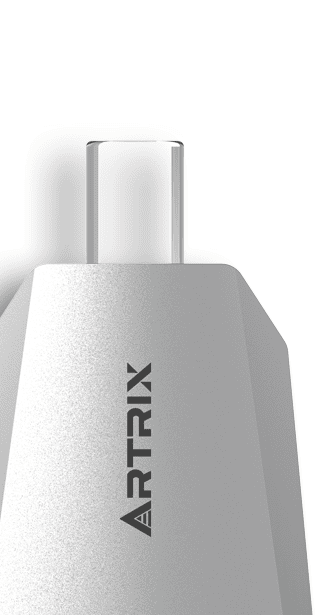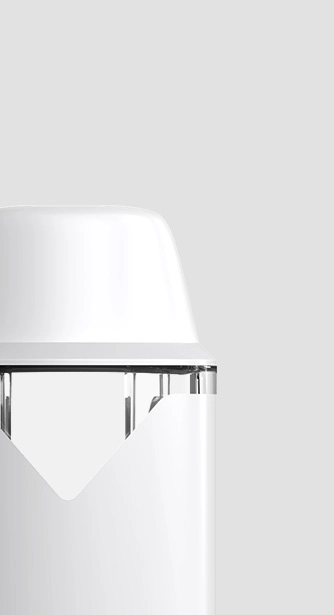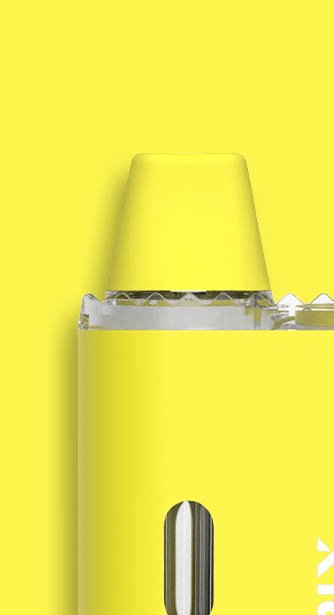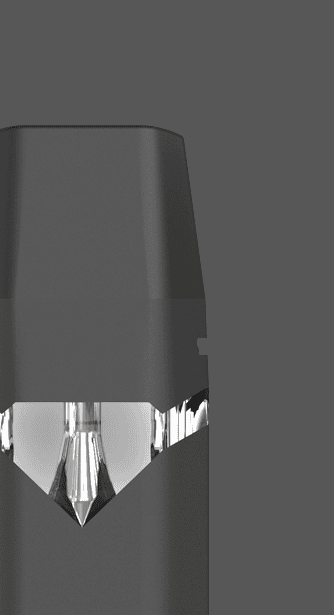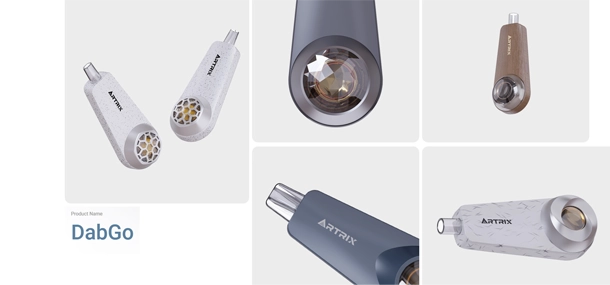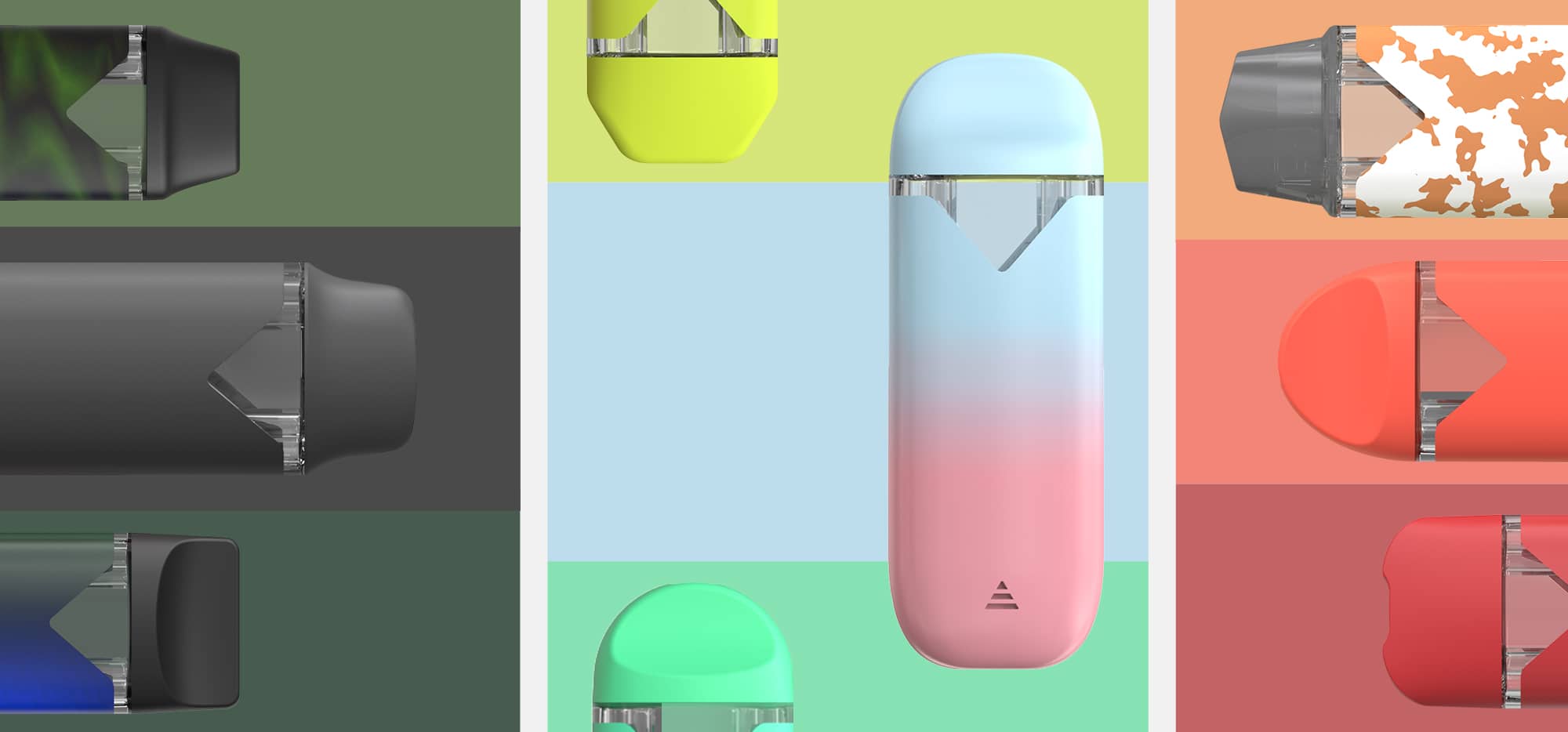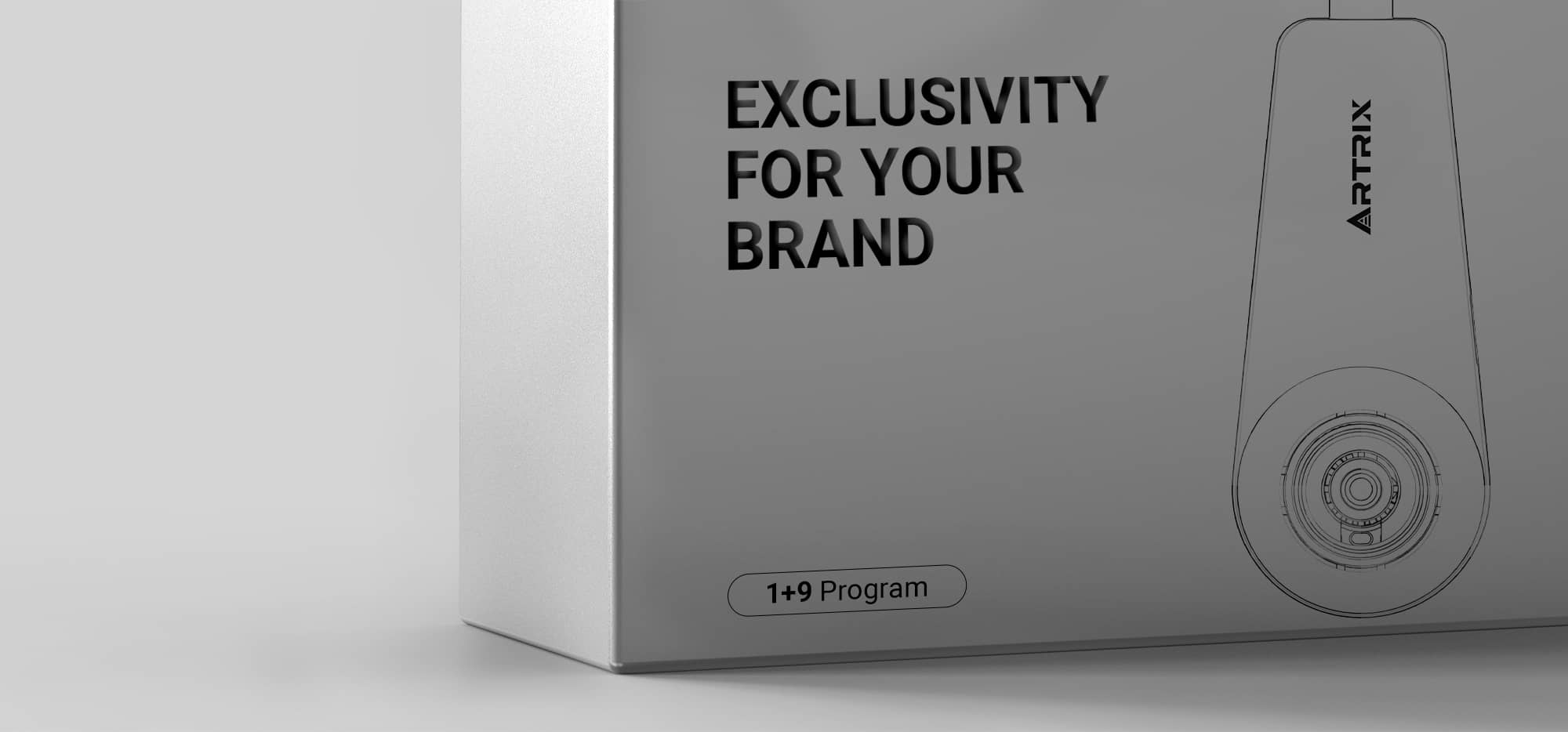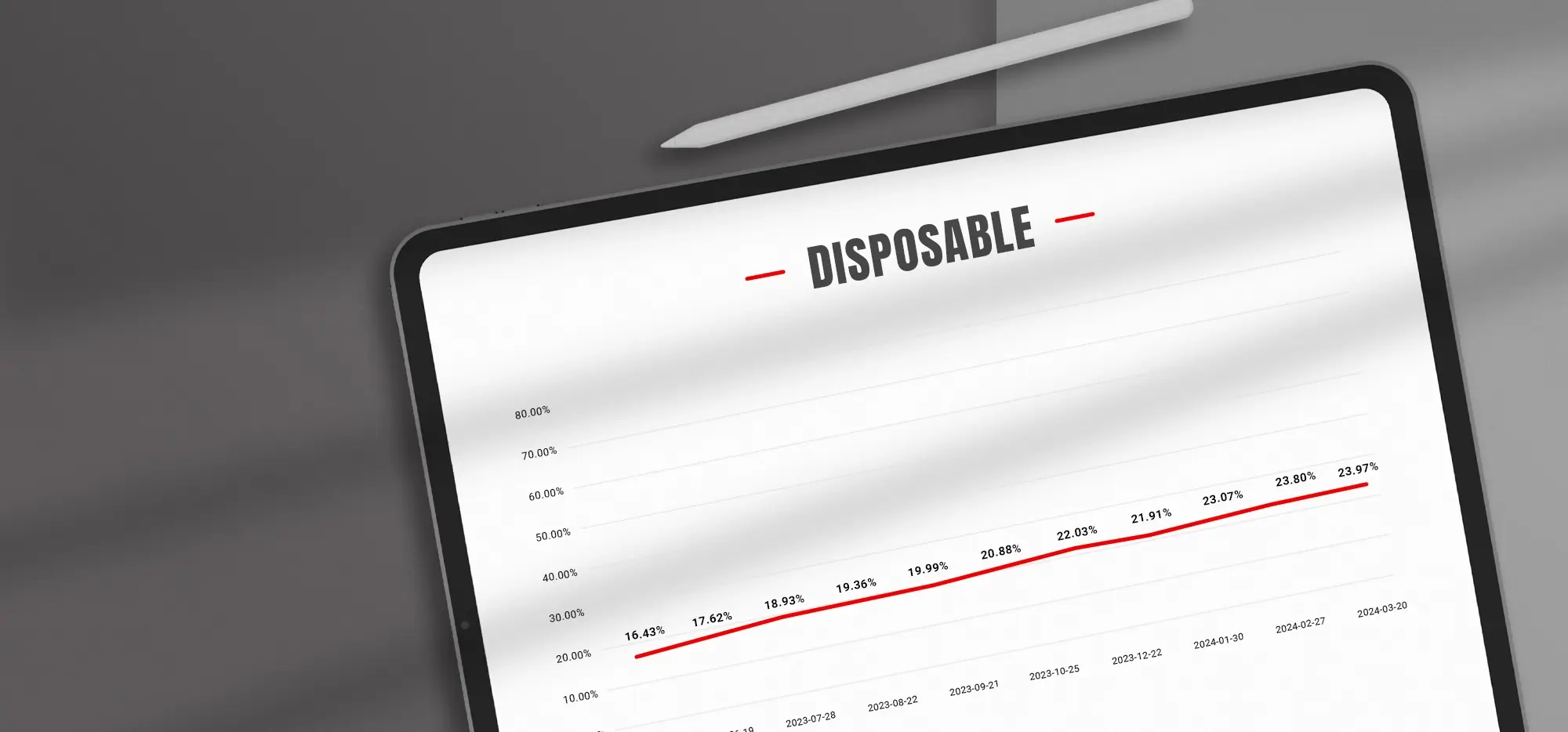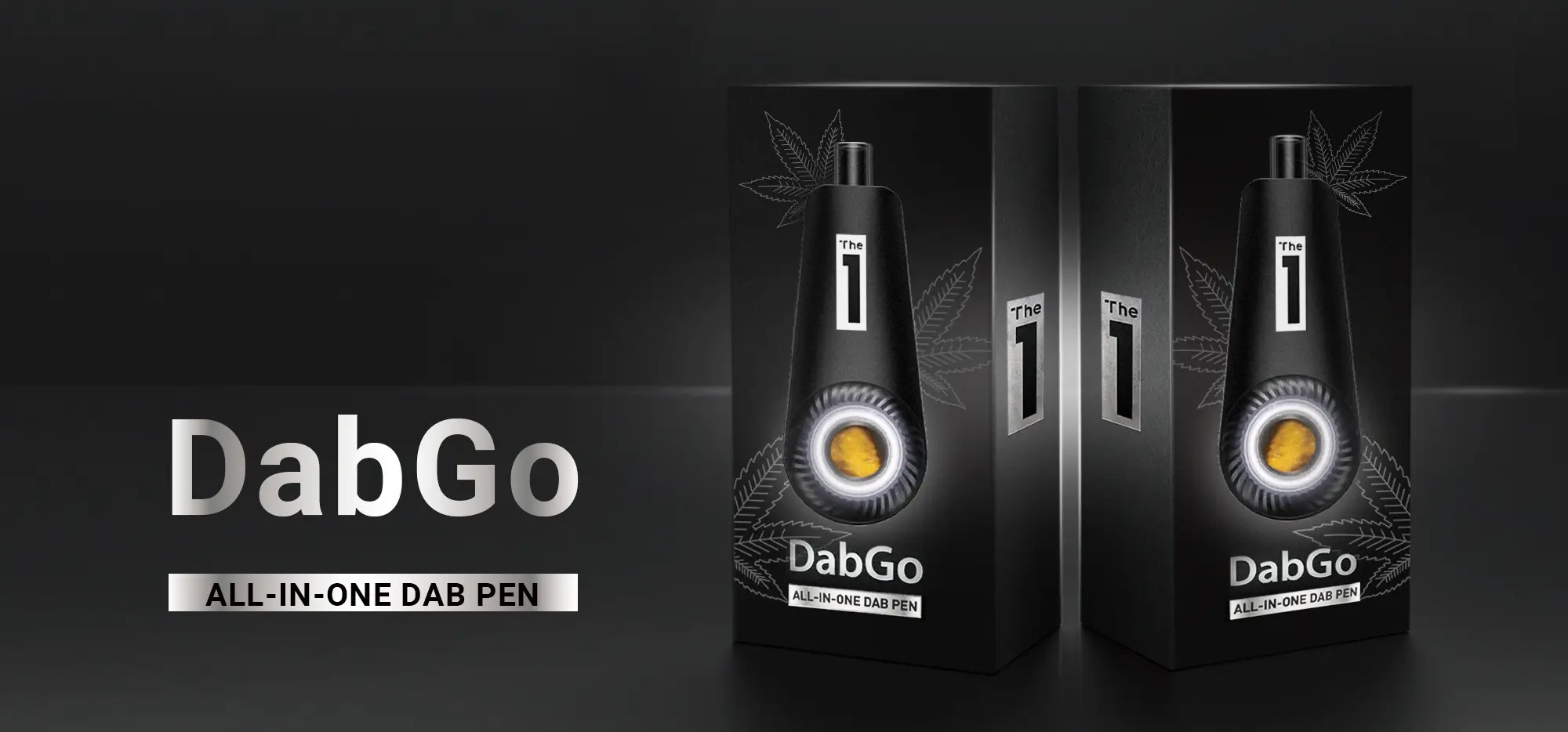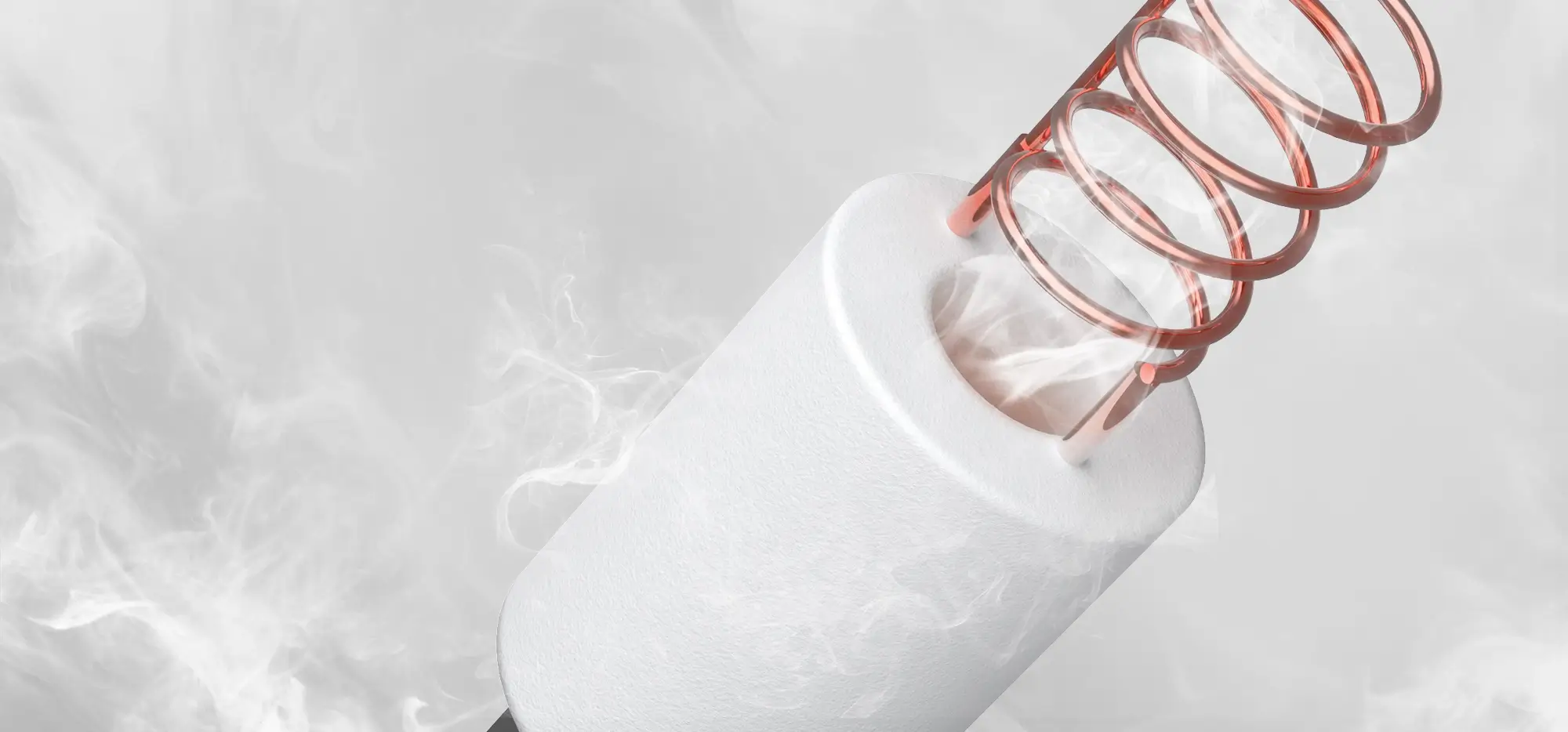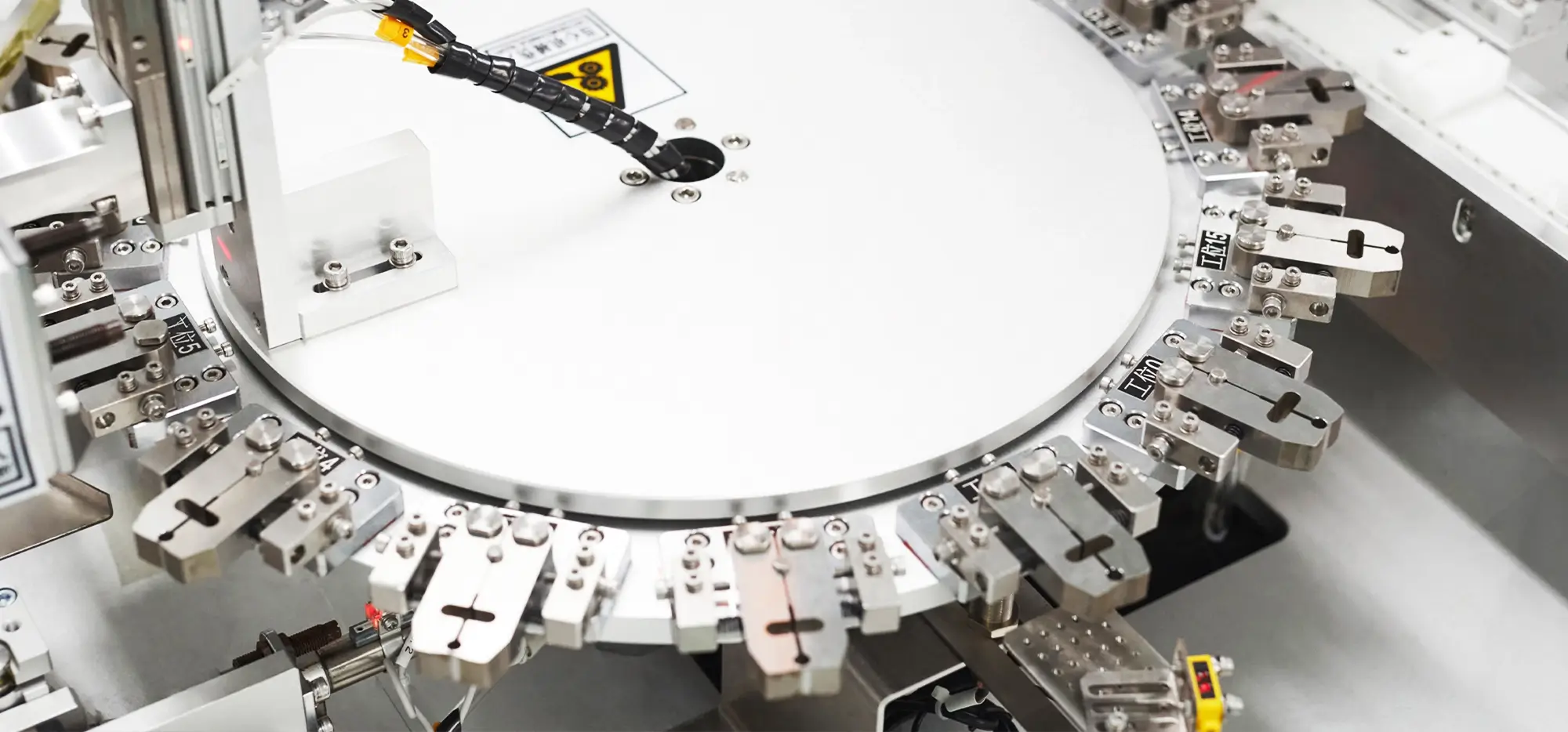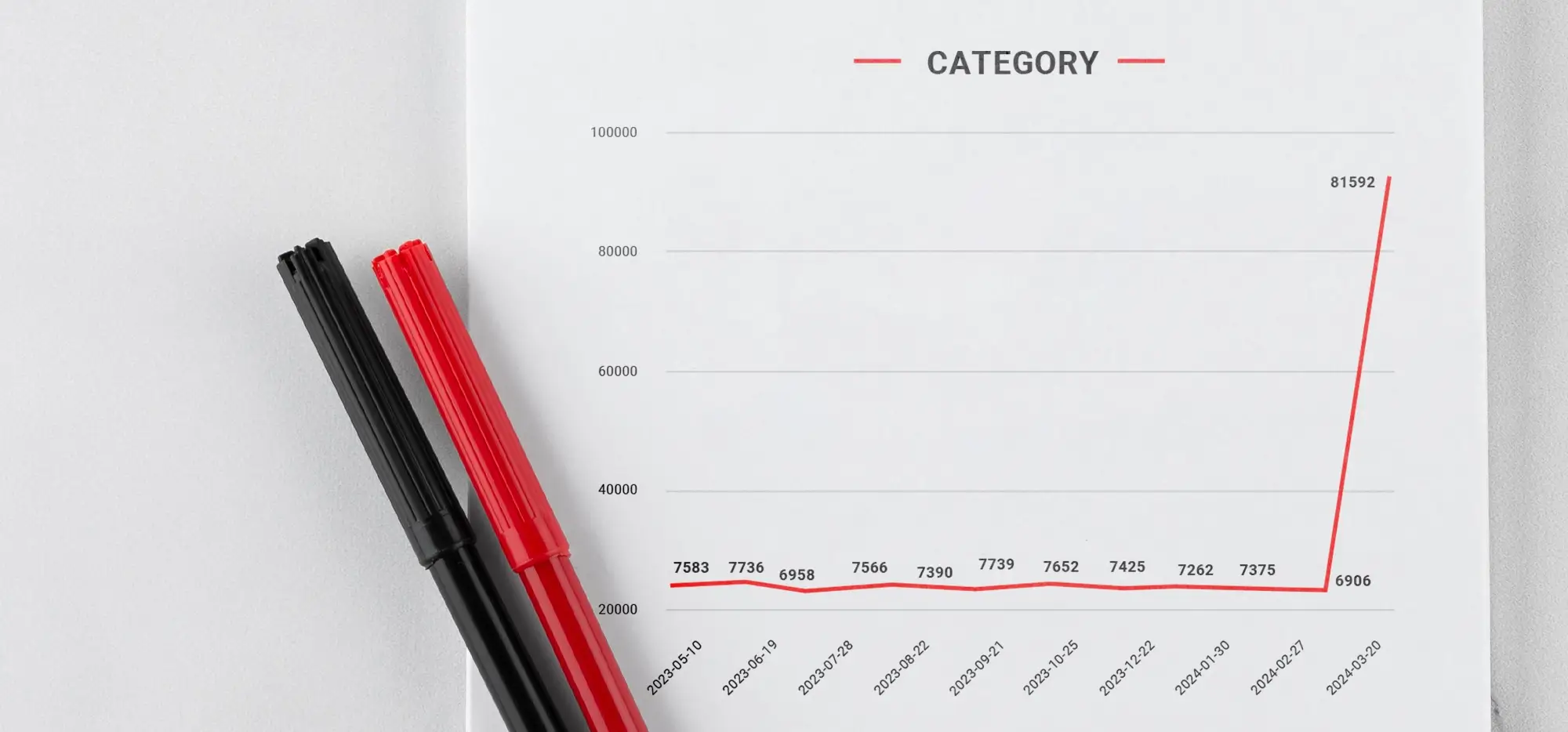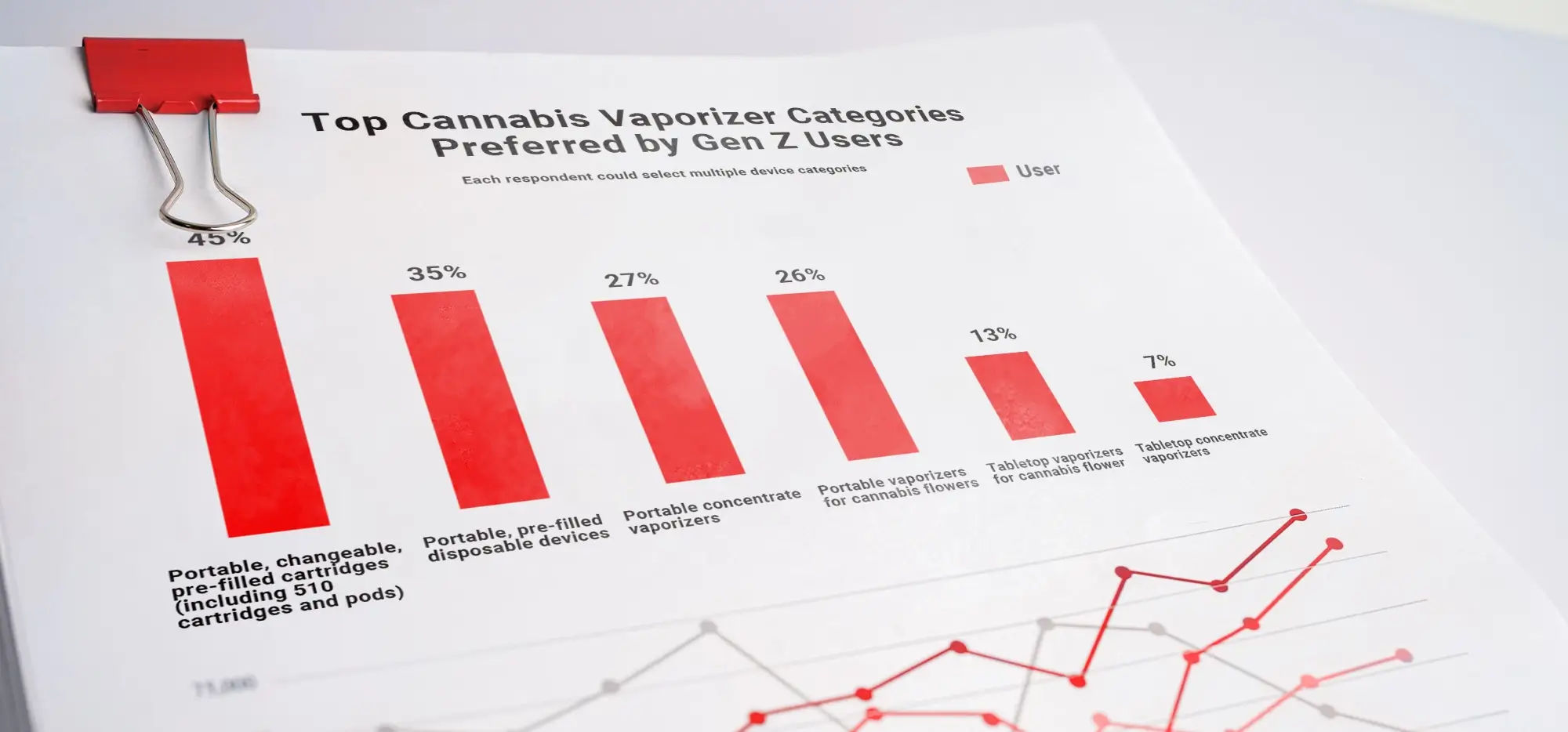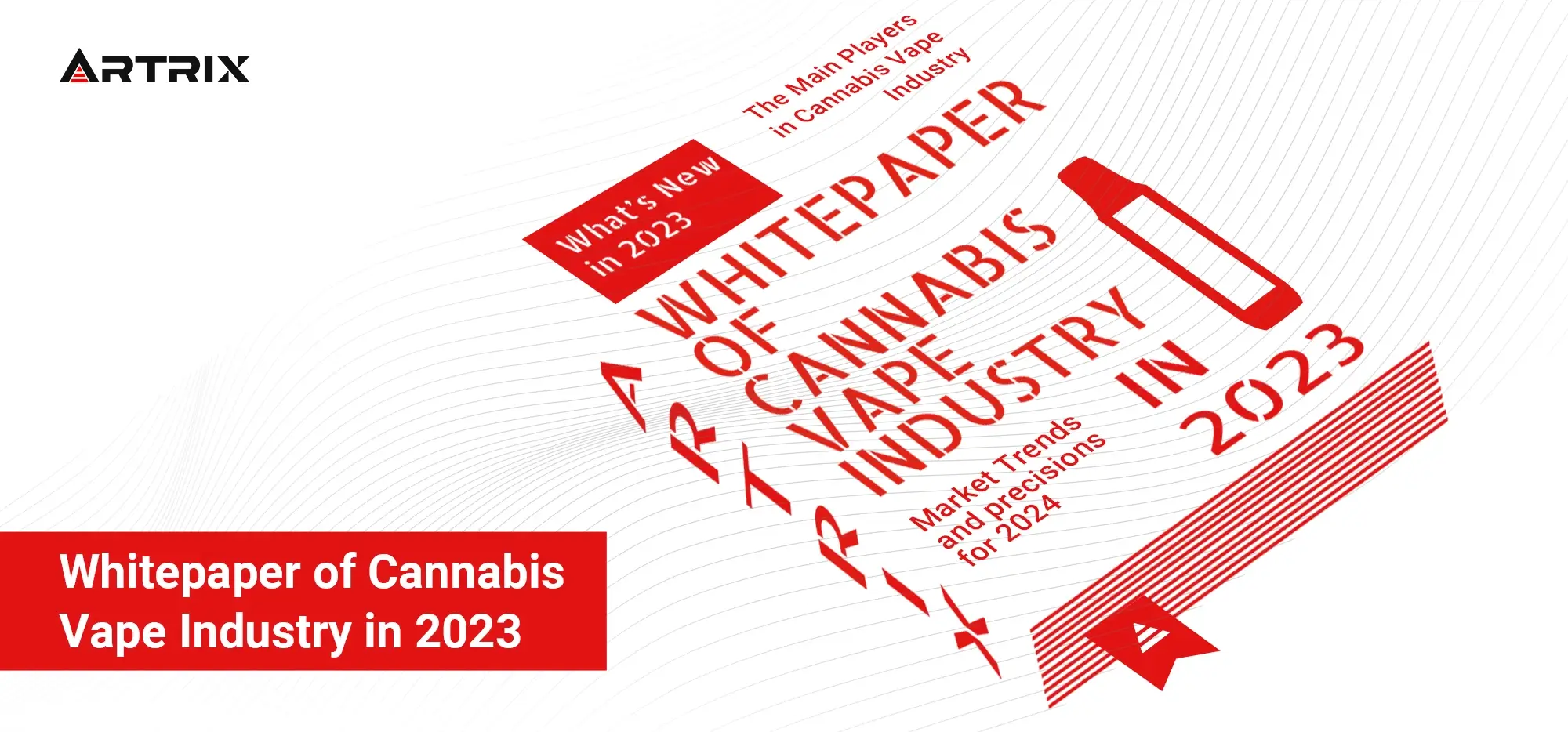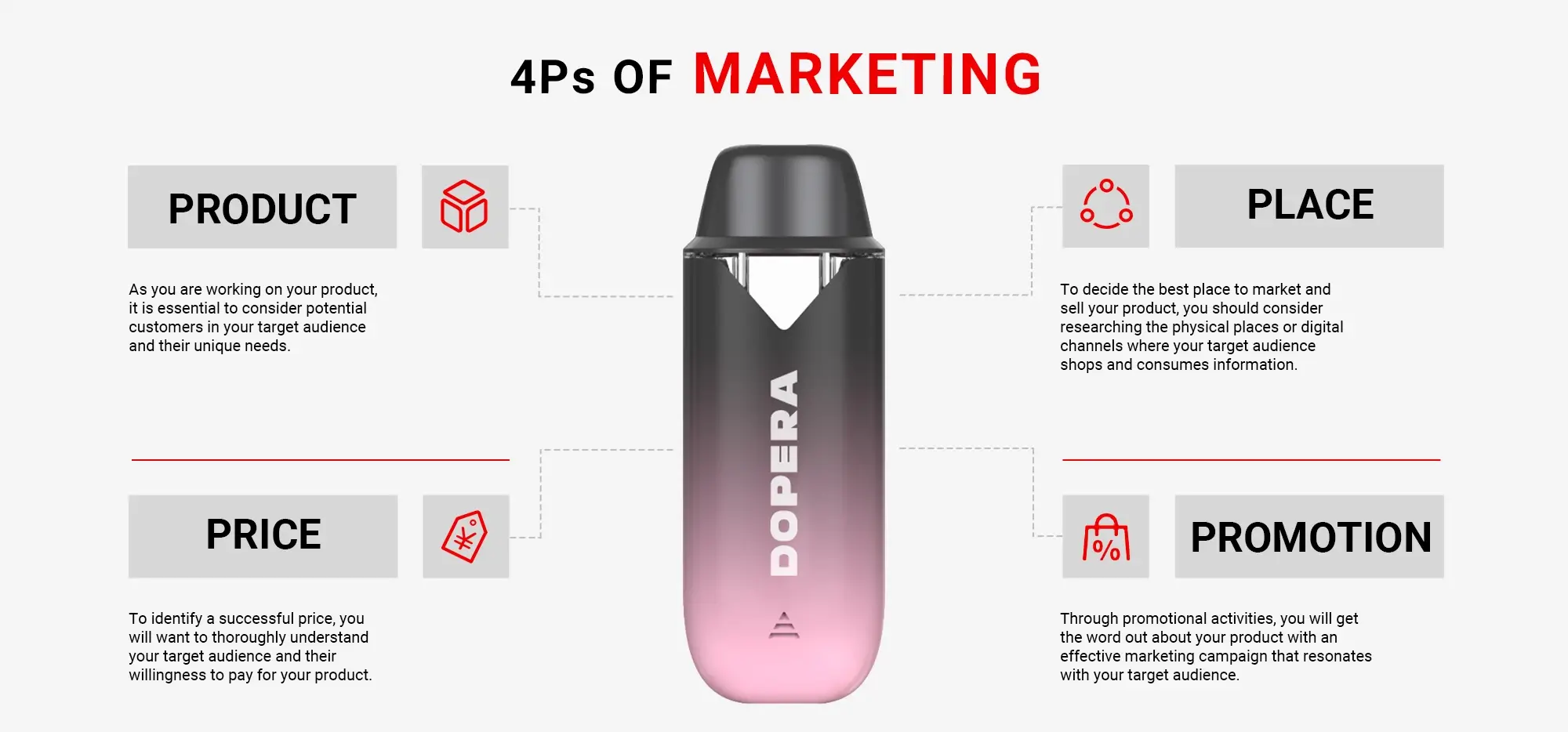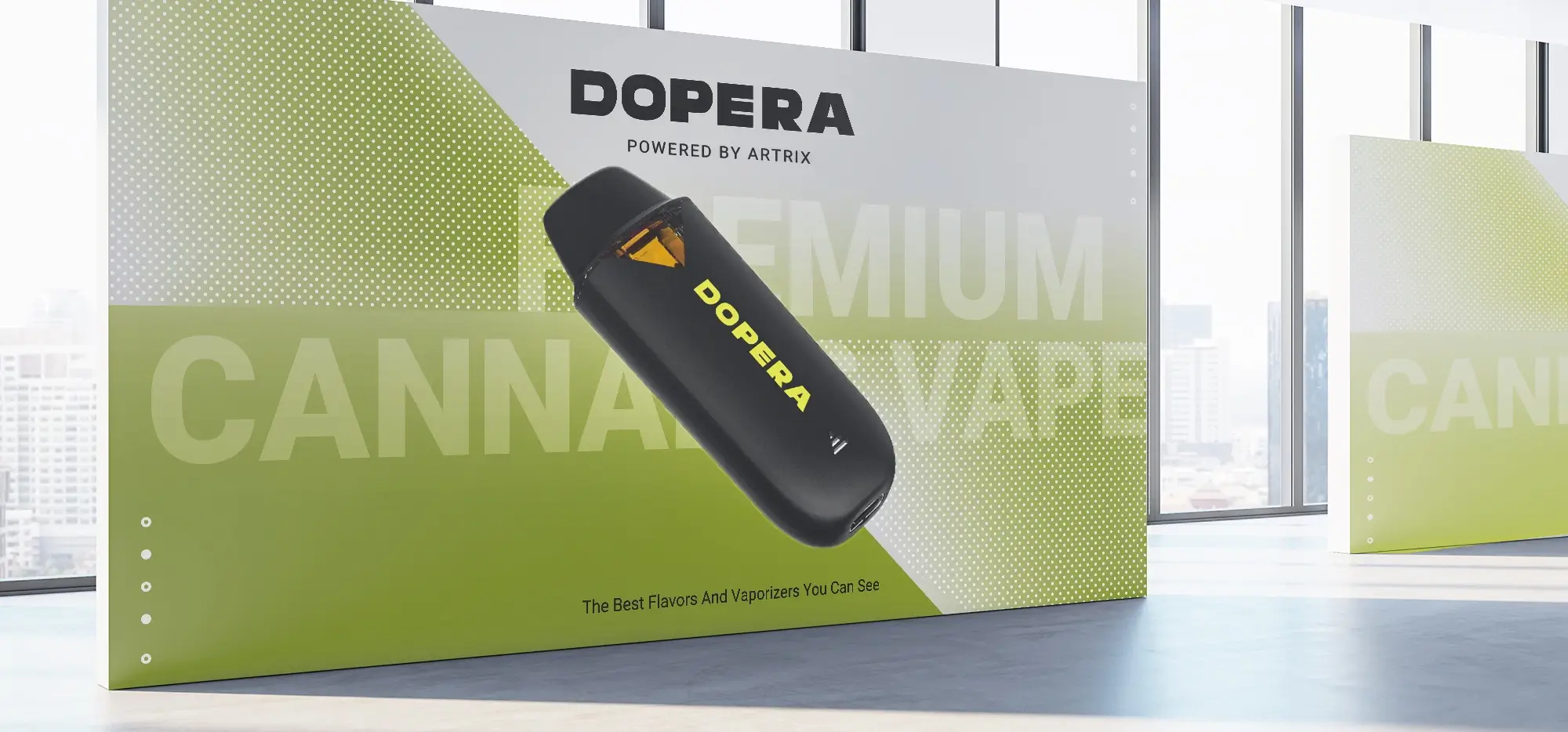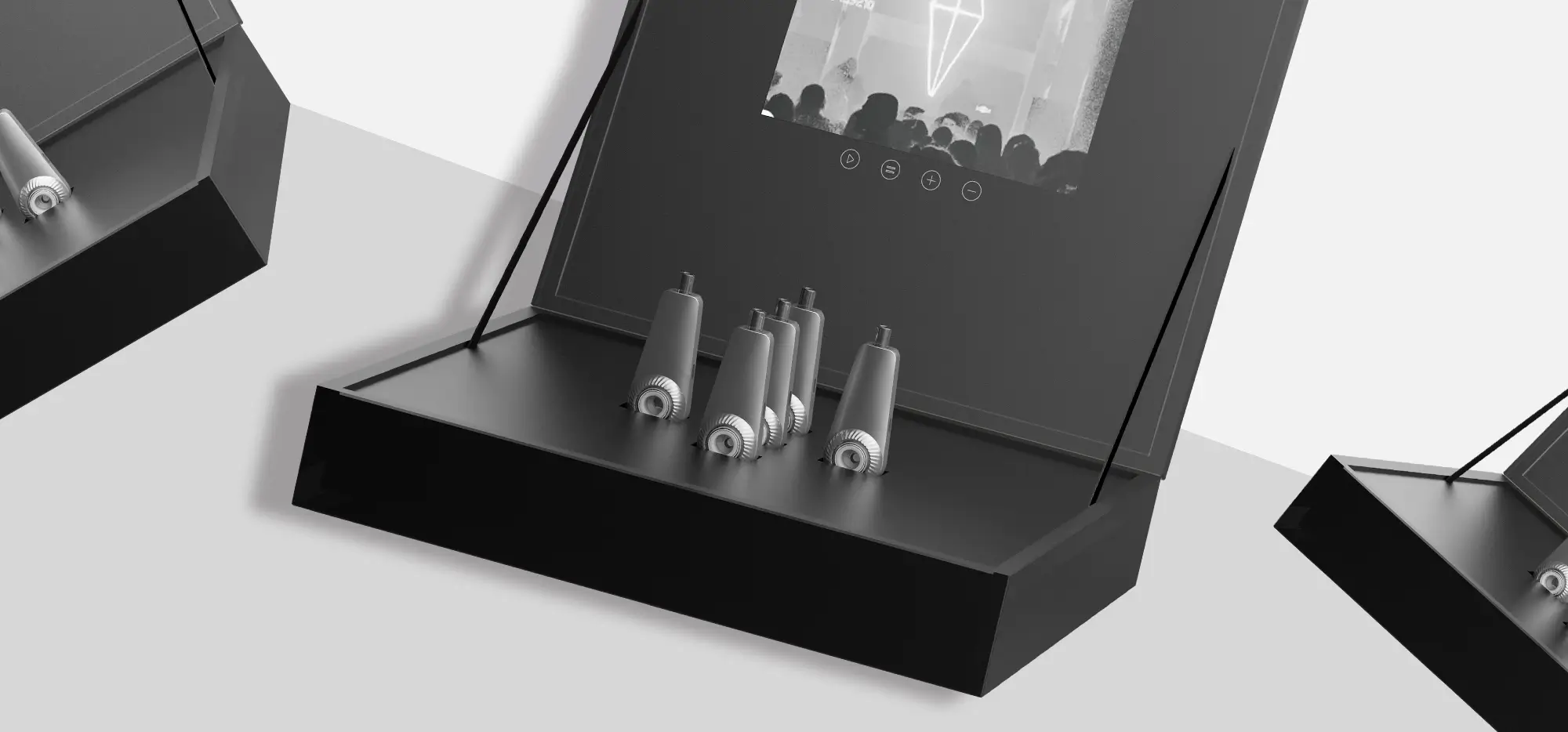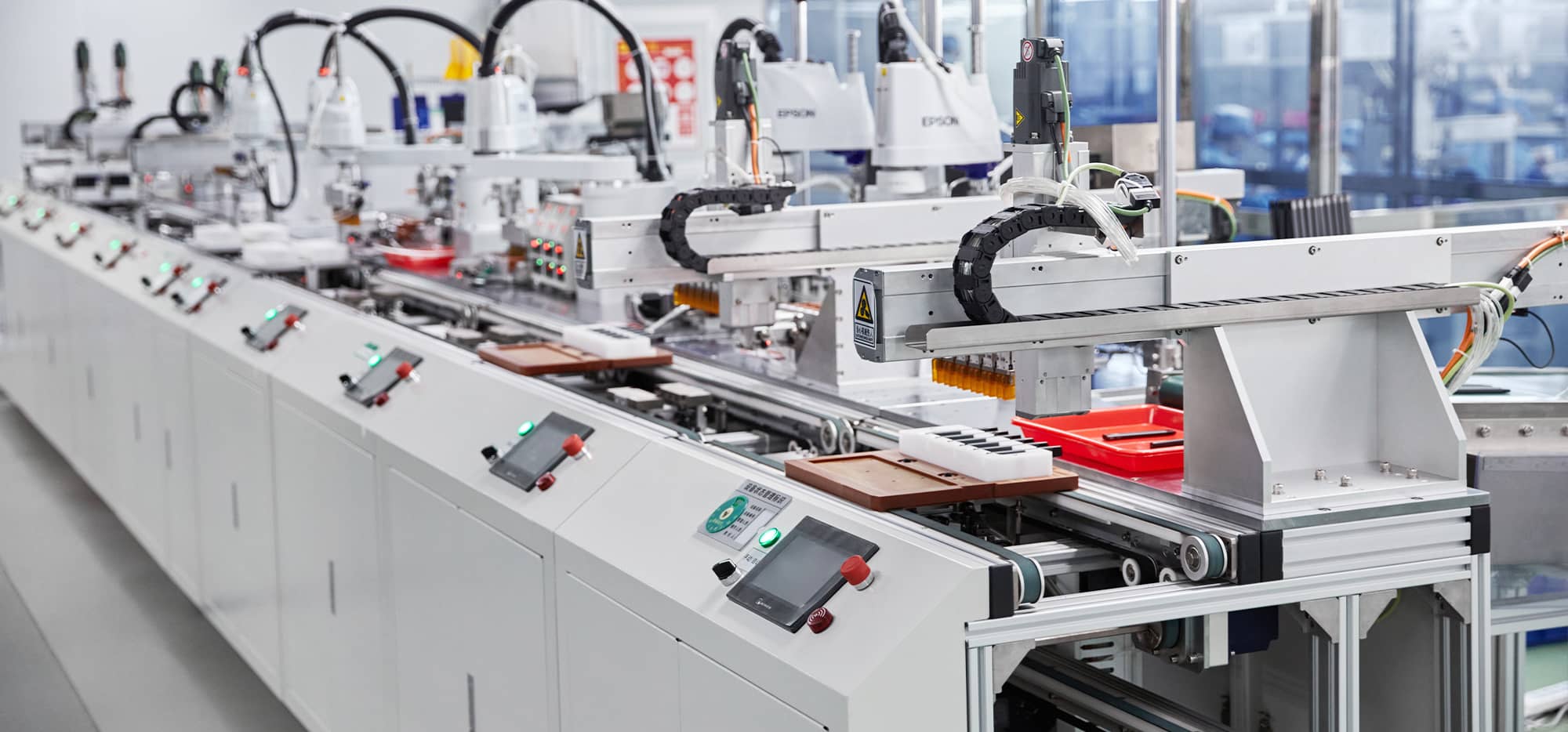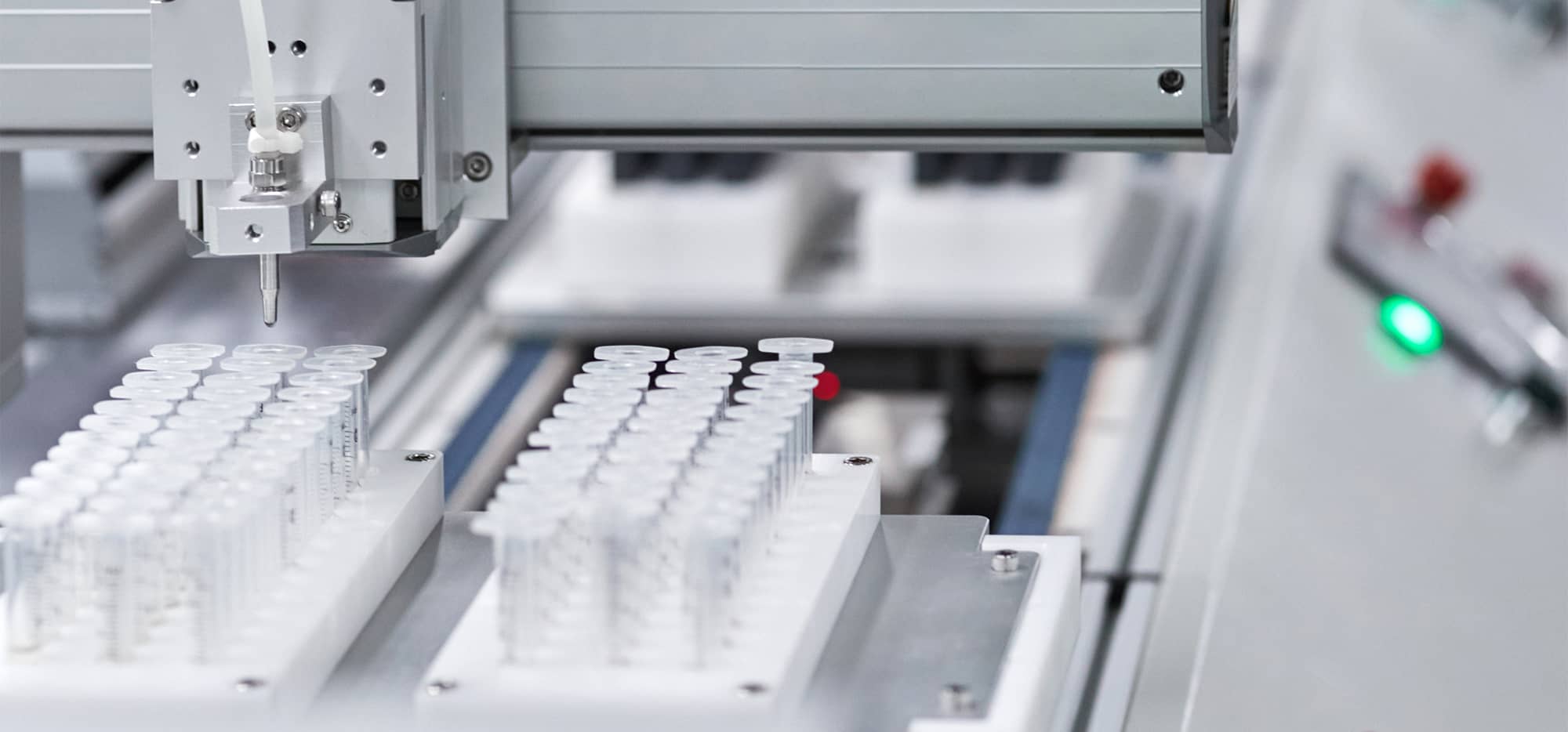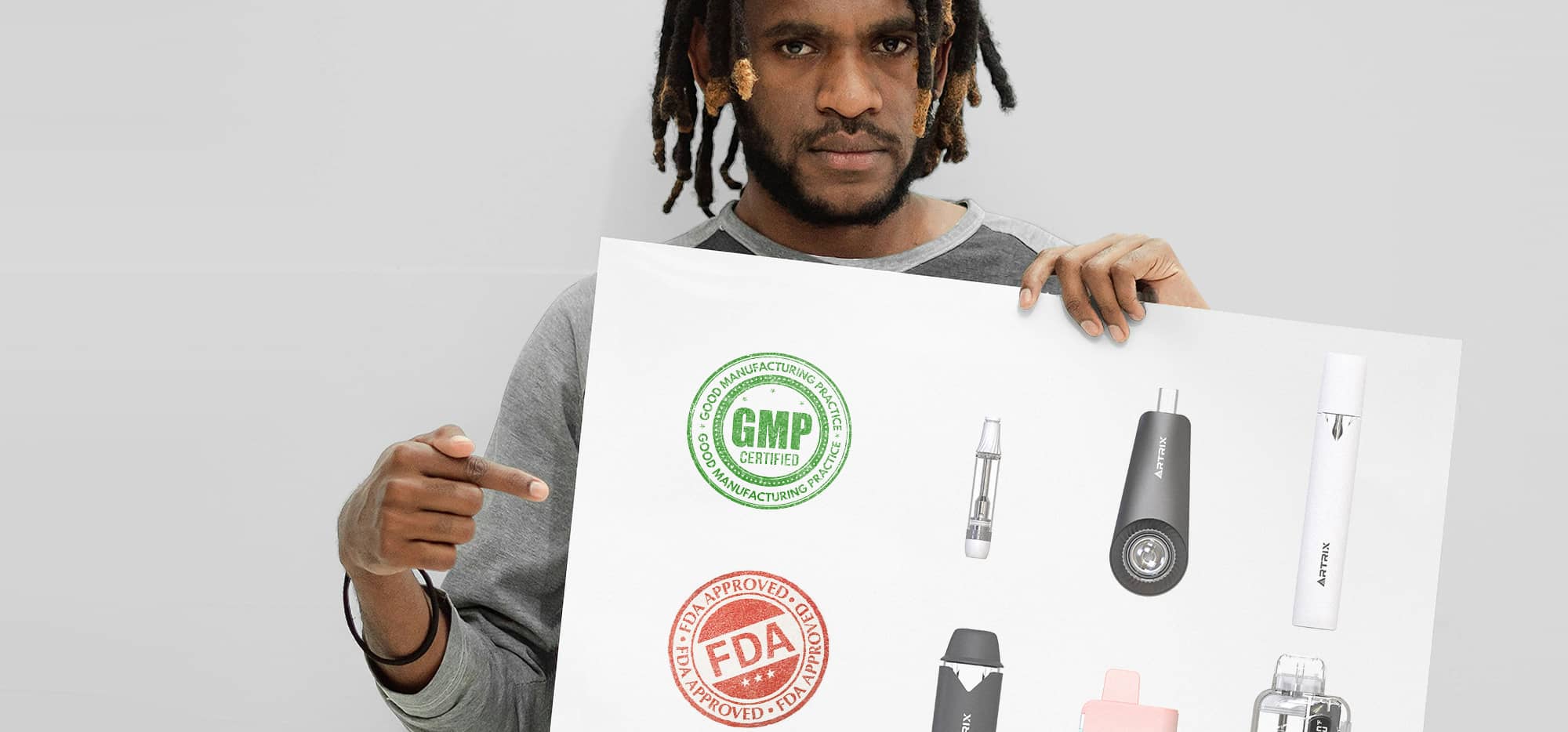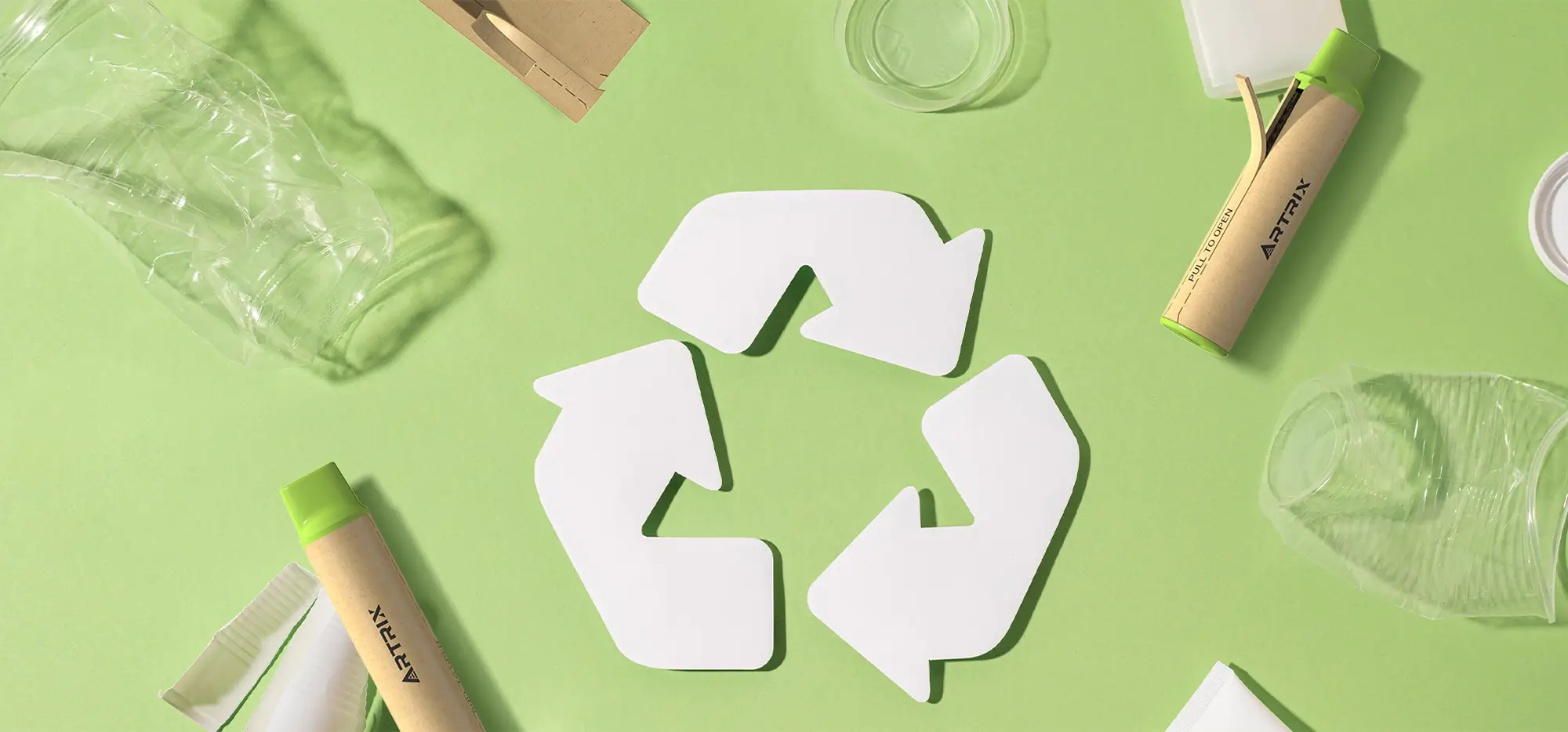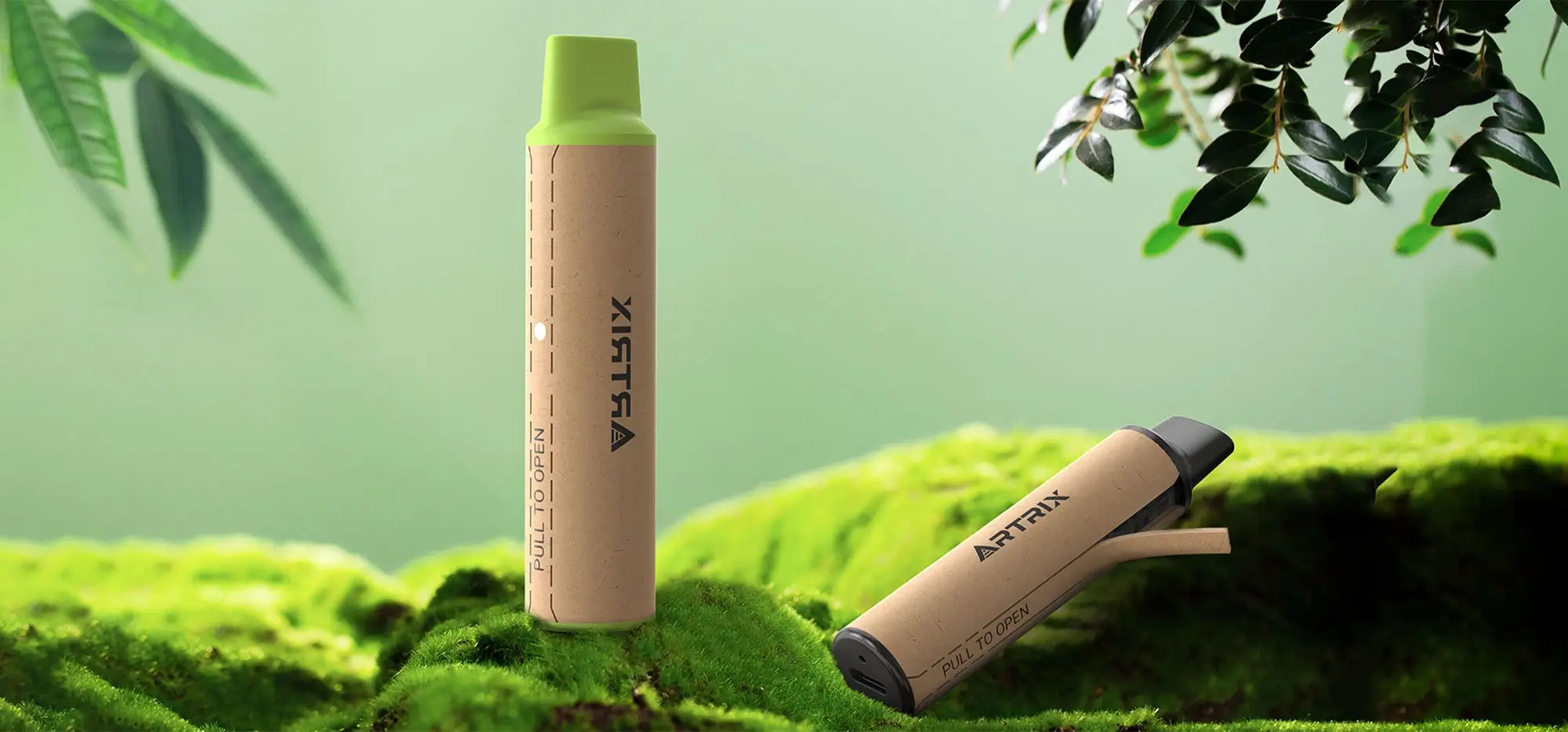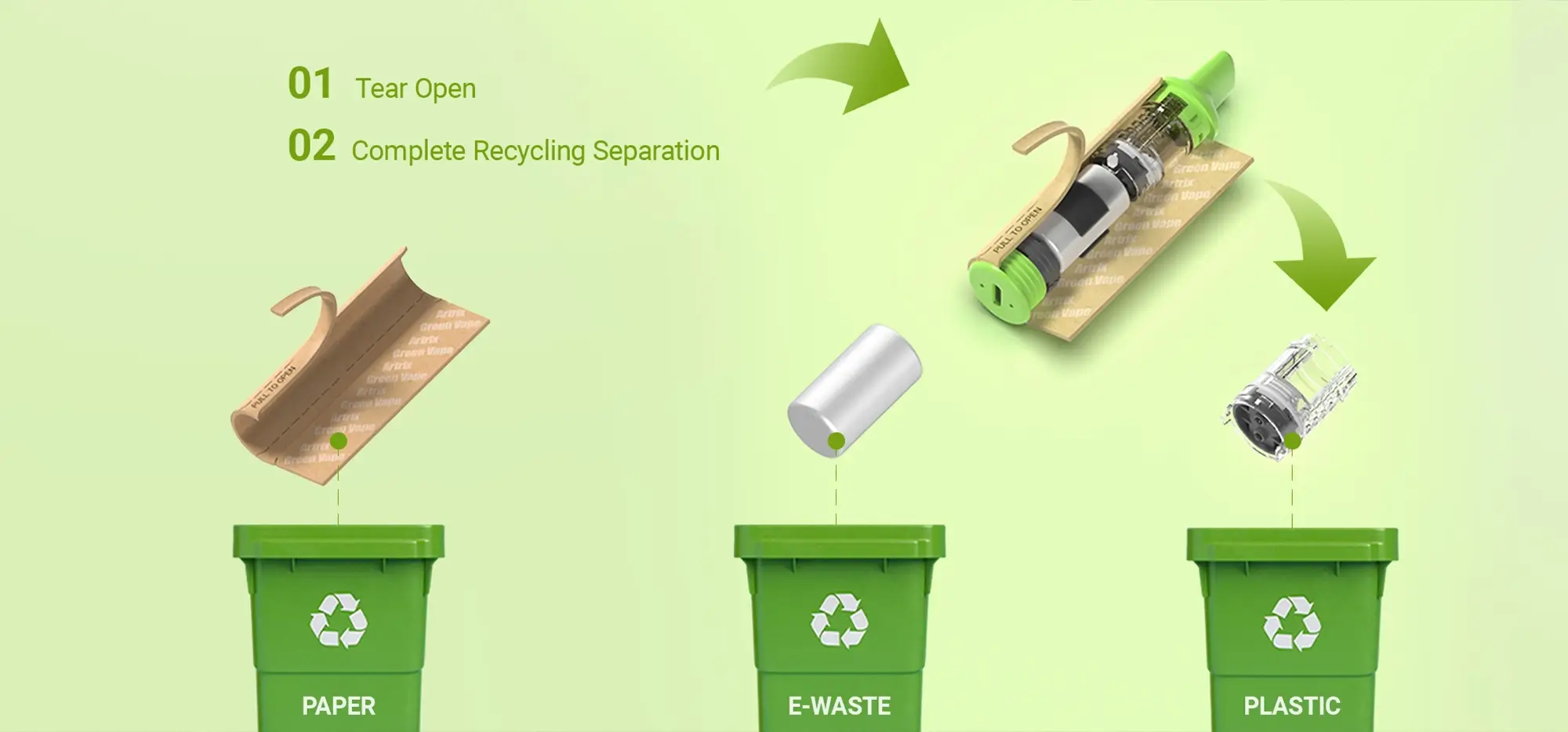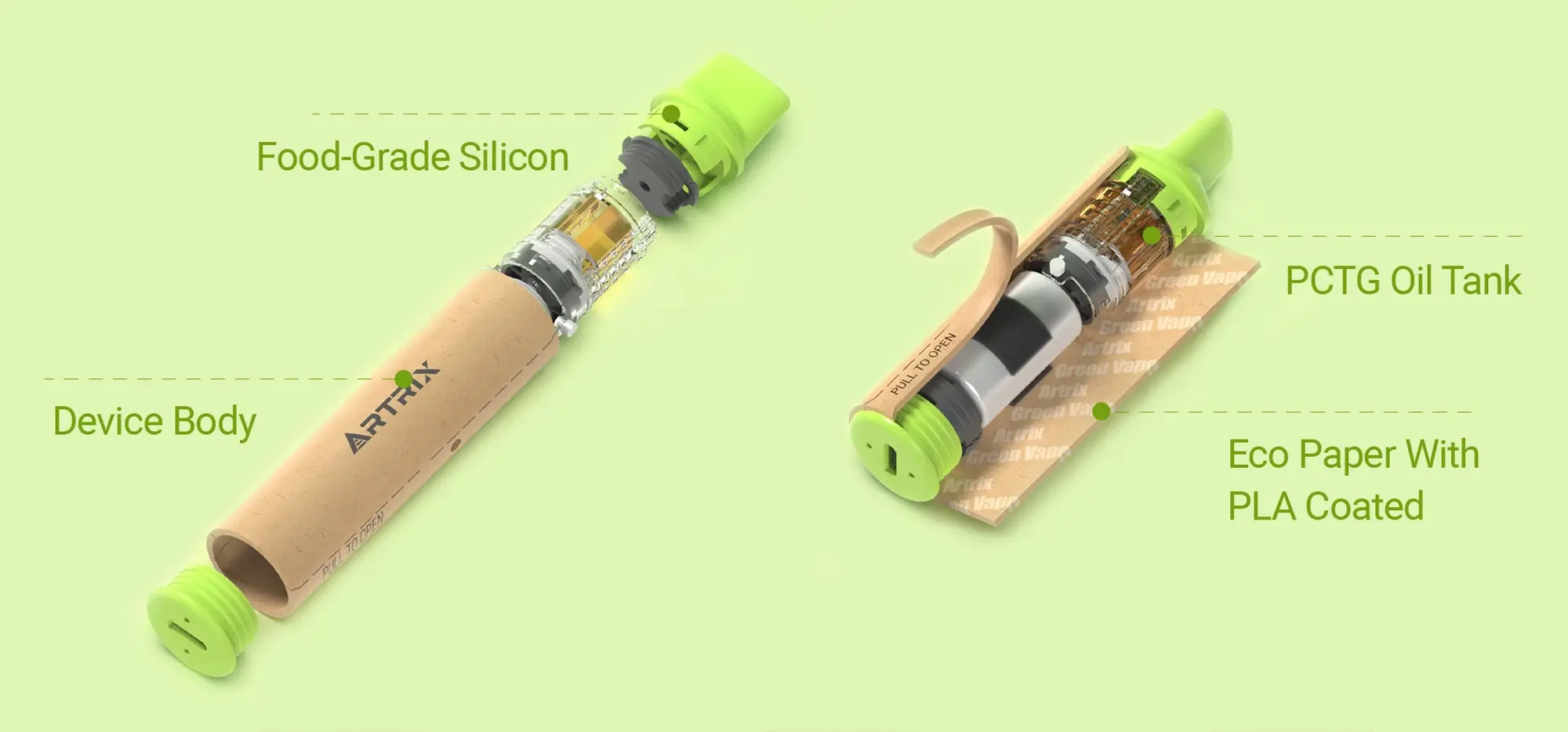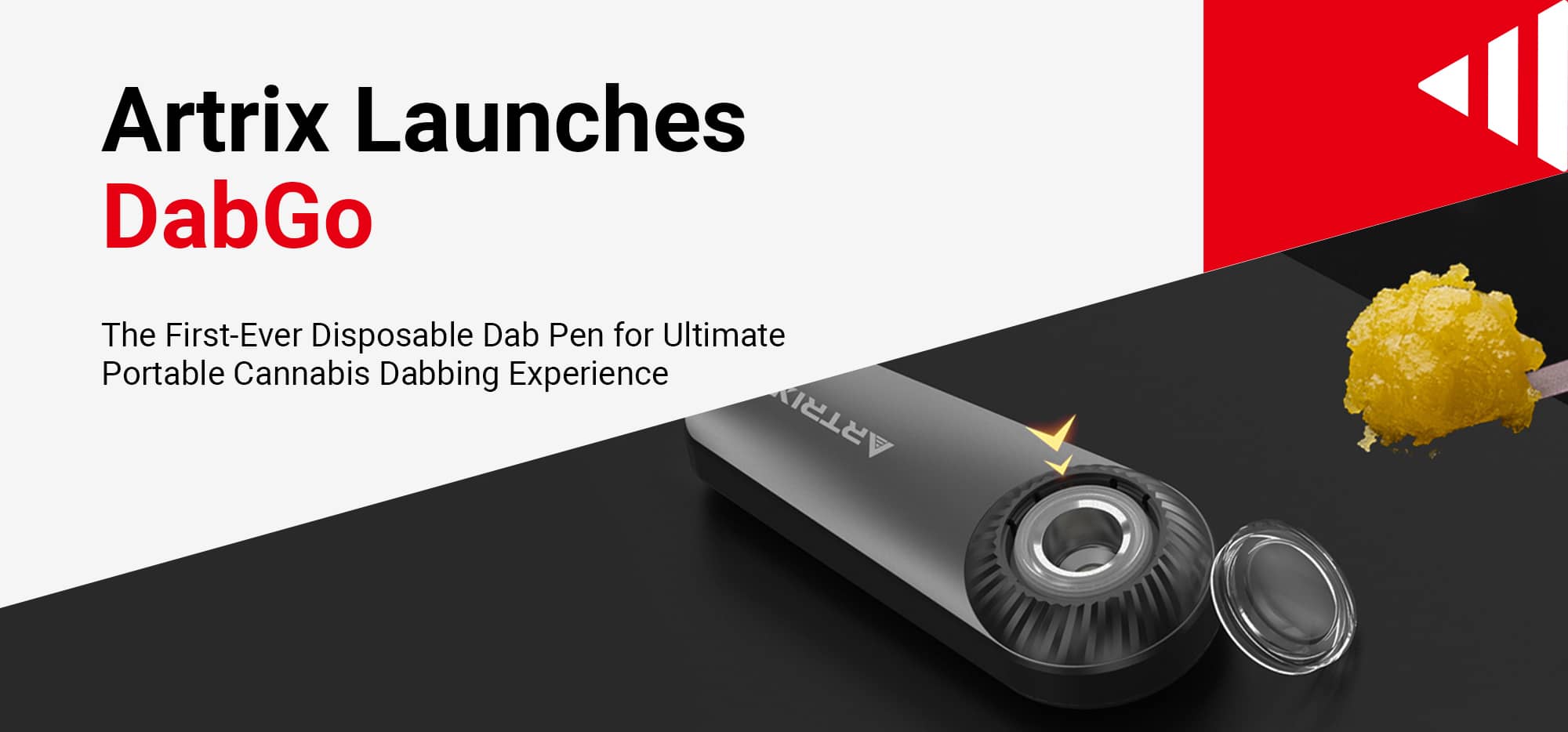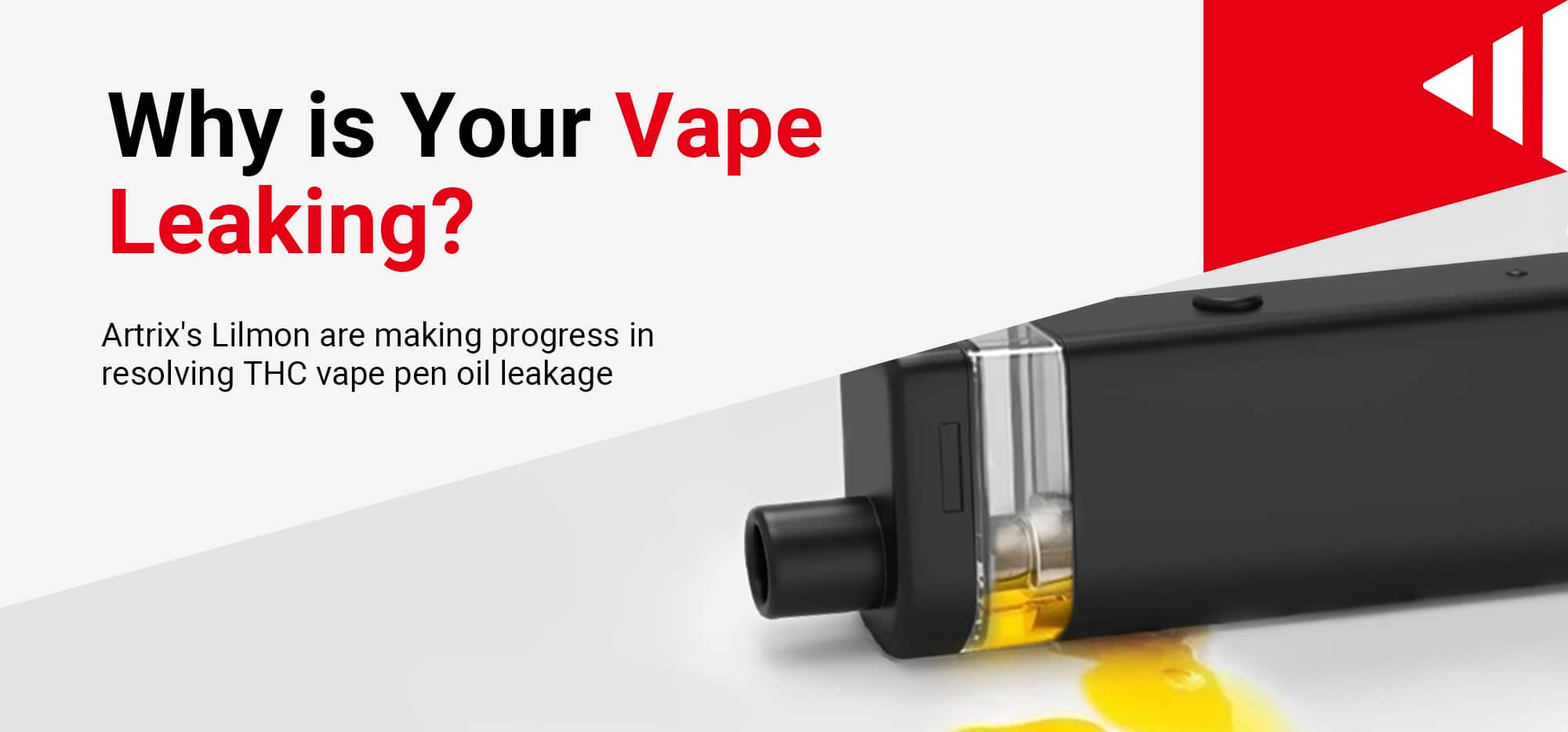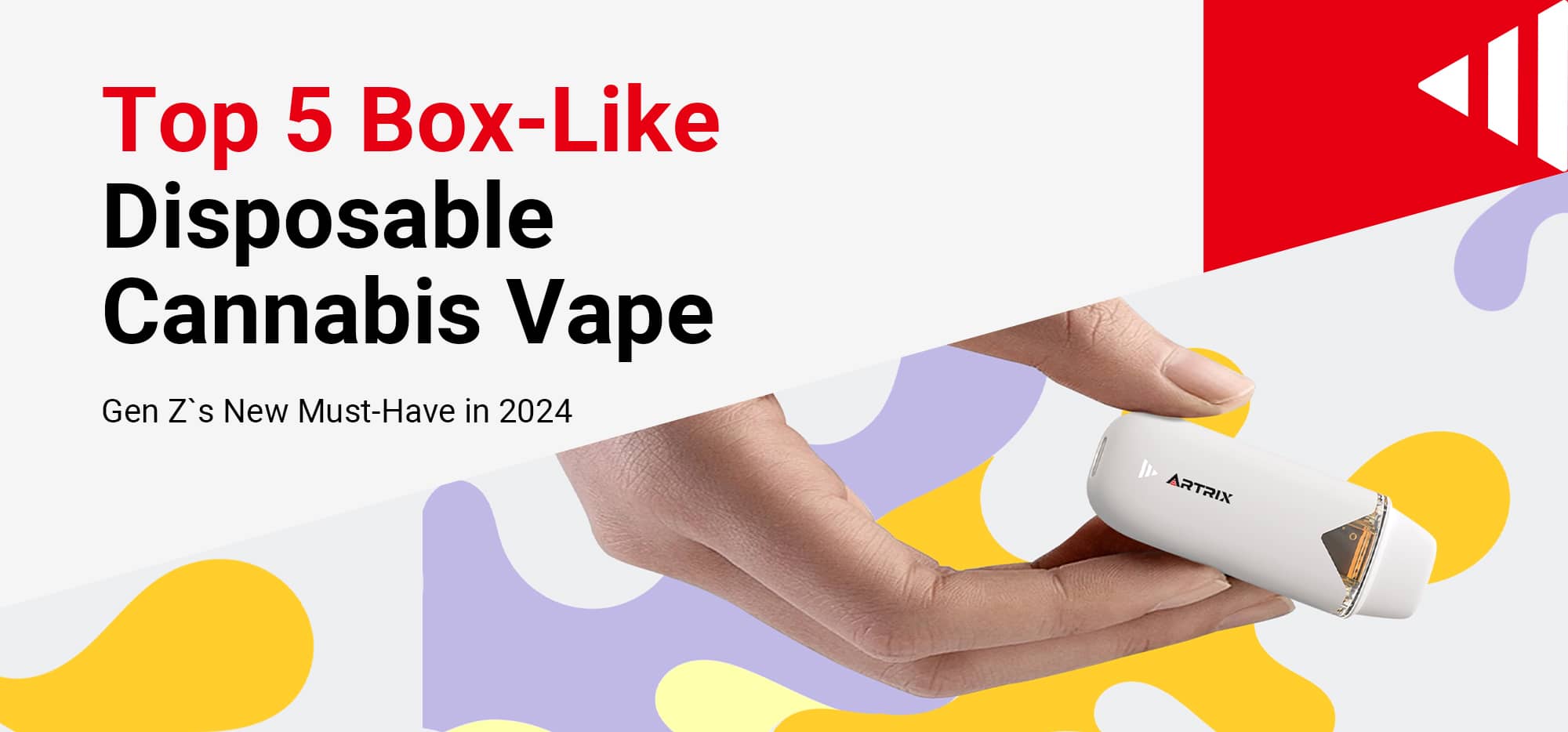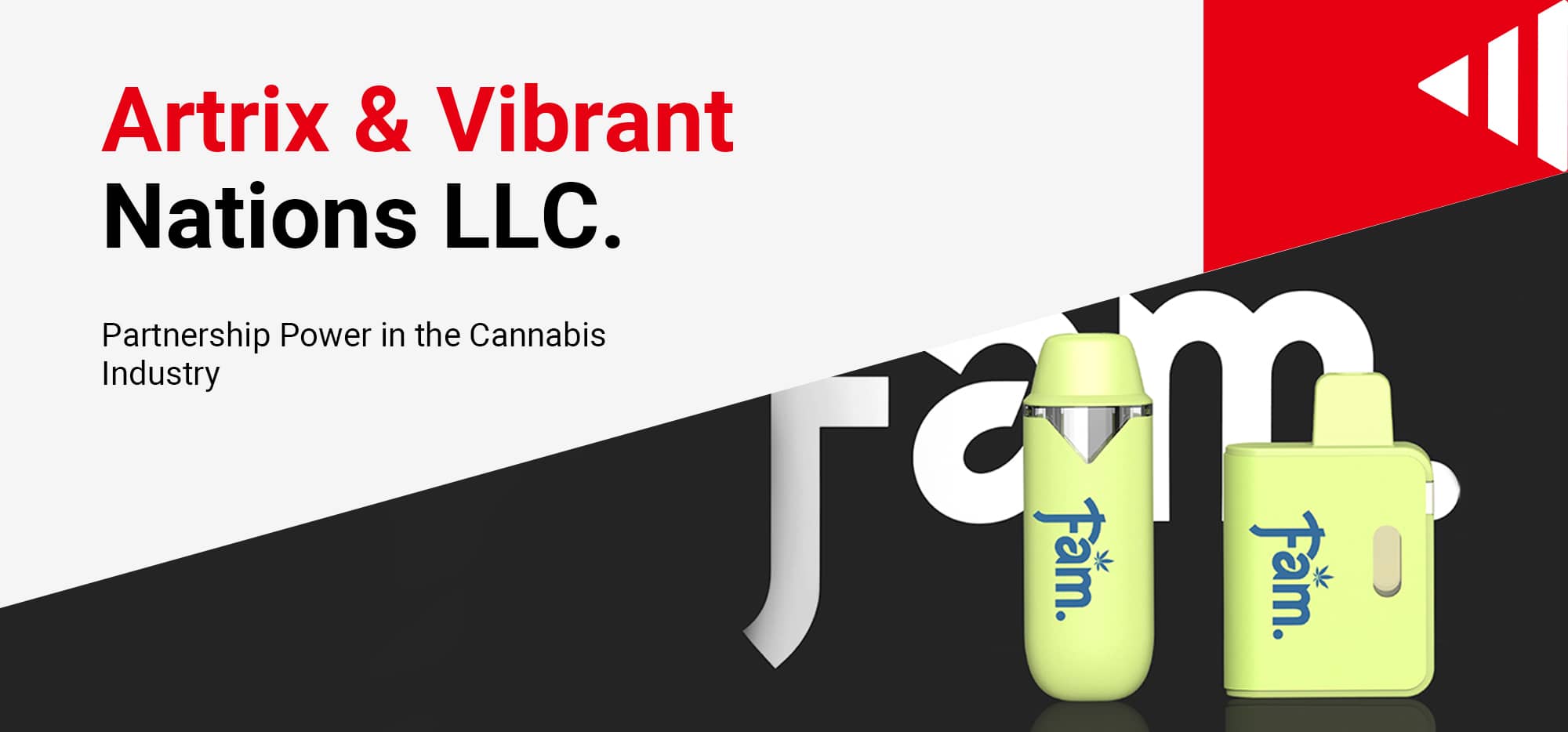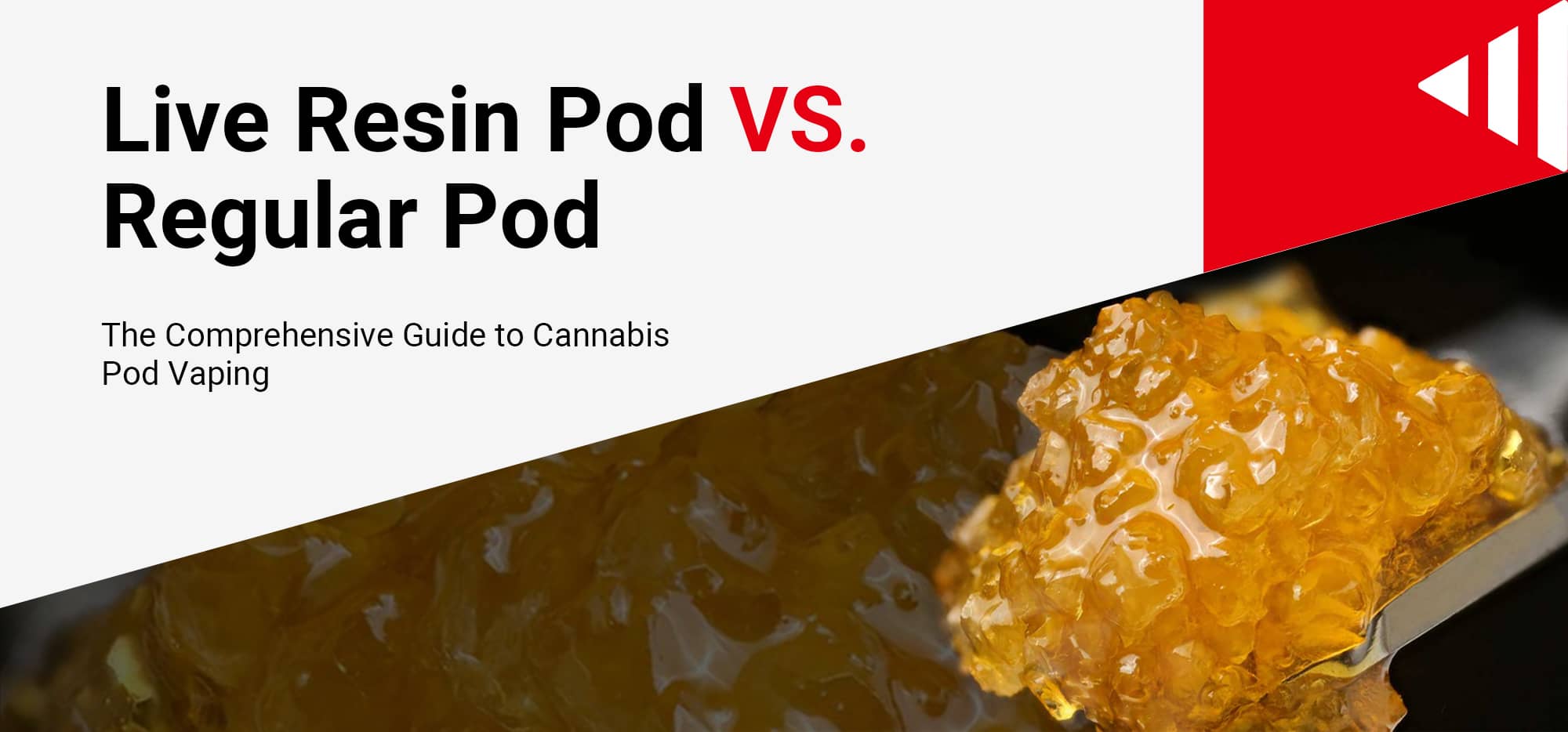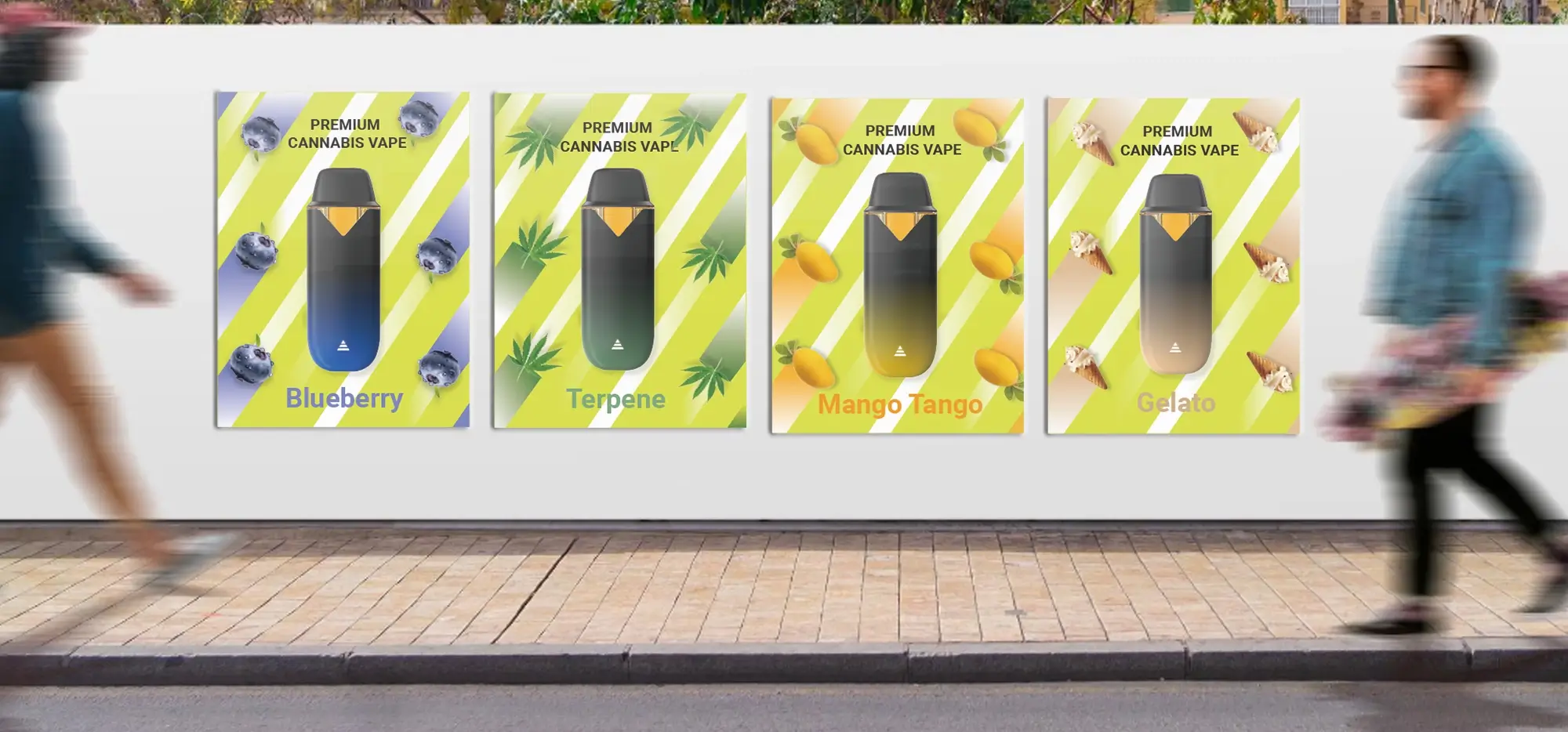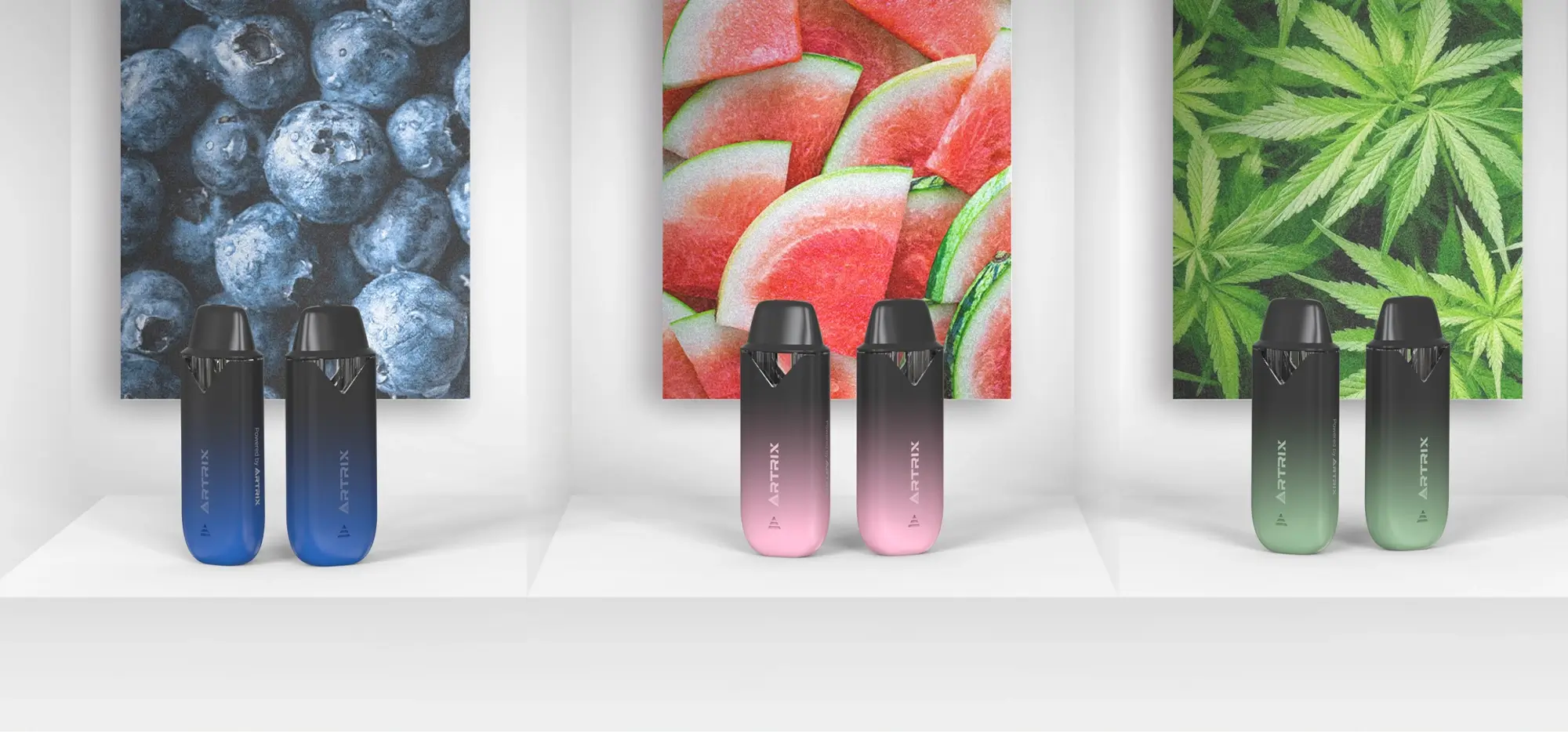THCA vs Delta-8: A Complete Comparison Guide for Informed Cannabis Use
In recent years, cannabis research and product innovation have brought a surge of new cannabinoids into mainstream awareness. Two of the most talked-about compounds today, THCA and Delta-8 THC, are redefining how users interact with cannabis for both therapeutic and recreational purposes. But with increasing popularity comes confusion. What exactly sets these two apart? Which one is better suited for your goals, and what should you watch out for?
The Cannabinoid Breakdown: THCA and Delta-8 Explained
Before diving into production methods and effects, it’s crucial to understand the fundamental nature of THCA and Delta-8 THC. Despite their shared origins in the cannabis plant, these compounds behave very differently.
What is THCA? The Inactive Precursor to THC
THCA, or tetrahydrocannabinolic acid, is the raw, non-psychoactive compound found in freshly harvested cannabis. It doesn’t produce any intoxicating effects on its own. However, when heated through smoking, vaping, or baking, THCA undergoes decarboxylation, a chemical reaction that transforms it into THC, the compound responsible for the “high” most commonly associated with cannabis.
In its unheated state, THCA may offer anti-inflammatory, anti-nausea, and neuroprotective benefits, making it an intriguing option for wellness-focused consumers who want cannabis’s healing potential without intoxication.
What is Delta-8 THC? A Milder Cousin to Delta-9
Delta-8 THC is a minor cannabinoid, structurally similar to Delta-9 THC but with one key difference: it provides a milder, more clear-headed high. Users often describe Delta-8 as a smoother experience, less likely to trigger anxiety or paranoia.
Unlike THCA, which exists in abundance in raw cannabis, Delta-8 occurs in trace amounts and is usually derived through chemical transformation of CBD extracted from hemp. Its gentle psychoactivity and hemp-based origin have made it popular in states where traditional THC products remain restricted.
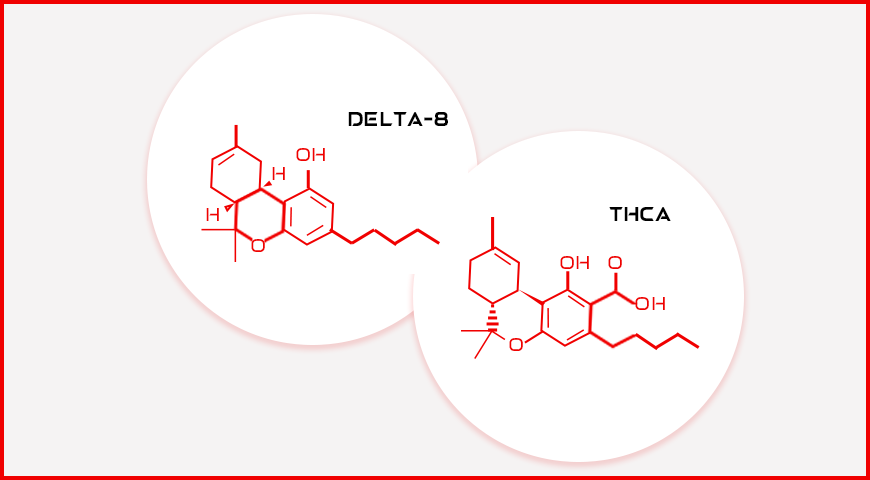
Nature vs. Chemistry: How THCA and Delta-8 Are Produced
The methods used to extract or manufacture cannabinoids play a critical role in their safety, legality, and environmental impact. THCA and Delta-8 have very different journeys from plant to product.
How THCA Is Naturally Preserved
THCA occurs naturally in cannabis flowers and is most abundant when the plant is raw and freshly harvested. Because heat converts it into psychoactive THC, preserving THCA requires cold or low-temperature extraction techniques and careful handling. Products like raw cannabis juice, cold-pressed tinctures, or unheated capsules are designed to deliver THCA in its original form.
Producers must take extra care during processing and packaging to prevent decarboxylation. This makes THCA-rich products more delicate and often more expensive, but they offer a uniquely unaltered experience for consumers seeking purity and natural wellness.
How Delta-8 Is Created from Hemp CBD
Delta-8 THC, on the other hand, is not readily available in raw cannabis. Instead, it’s usually produced via chemical isomerization of CBD extracted from legal hemp. In this process, chemists convert CBD into Delta-8 by rearranging its molecular structure using acids and solvents in a controlled lab environment.
While this method allows for efficient and scalable production, it introduces a layer of complexity. Proper lab testing and purification are essential to remove unwanted byproducts and ensure consumer safety. As such, the quality of Delta-8 products can vary greatly depending on the manufacturer.
Different Routes, Same Destination: How THCA and Delta-8 Are Consumed
While both cannabinoids offer flexibility in consumption, their chemical nature influences how they are best taken and absorbed by the body.
THCA: Raw or Heated, You Decide
When it comes to THCA, how you consume it defines your experience. Taken raw, via juices, tinctures, or capsules, THCA delivers therapeutic effects without psychoactivity. This makes it ideal for users who want to support health conditions like arthritis or nausea without getting high.
However, when heated, such as in vapes, dabs, or joints, THCA converts into Delta-9 THC, unleashing the full spectrum of psychoactive effects. This duality makes THCA a versatile option for users who want both medicinal and recreational potential from a single compound.
Delta-8: A Modern Approach to Psychoactive Relief
Delta-8 is commonly consumed through edibles, vape pens, oils, or capsules. Its most popular form is Delta-8 gummies, which offer precise dosing and long-lasting effects. Because it’s already psychoactive, there’s no need for heat activation.
The appeal of Delta-8 lies in its smooth and manageable high, making it a go-to for users with low THC tolerance or those seeking daytime relief from issues like stress, pain, or insomnia.
Availability, Cost, and Variety
With both compounds growing in demand, how do they compare in terms of accessibility, pricing, and product diversity?
The Price Factor
THCA-rich products tend to carry a higher price tag, primarily due to the meticulous handling required to maintain its non-psychoactive form. Limited shelf life and production costs add to its premium pricing.
Delta-8, derived from widely available hemp CBD, is more affordable and easier to mass-produce. Its pricing is often comparable to or even lower than traditional cannabis products, which has helped it gain traction in the budget-conscious segment of the market.
Product Selection
THCA products are generally available in flower, tincture, and concentrate forms. However, their availability is often limited to medical dispensaries or niche cannabis retailers in legal states.
Delta-8, by contrast, is widely available in gummies, vape carts, dabs, edibles, and softgels, especially online. This diverse range of products caters to every type of user, from beginners to experienced consumers seeking new alternatives.
Comparing Potency and Psychoactivity
Understanding how strong these cannabinoids are, and how they affect the mind and body, is essential for selecting the right one for your lifestyle.
THCA’s Potential Lies in Its Transformation
THCA itself is non-intoxicating. But once heated, it transforms into Delta-9 THC, which is significantly more potent than Delta-8. The actual experience depends on how much THCA is converted and the method of consumption.
This compound is perfect for users who want the option of non-psychoactive wellness or full-strength THC effects, depending on how they choose to take it.
Delta-8 Offers a Gentler High
Delta-8’s appeal lies in its subtle psychoactive profile. Users report a lighter, more focused high that doesn’t interfere with daily activities. It’s approximately half as potent as Delta-9 THC, which makes it ideal for individuals seeking mild relief without overwhelming sensations.
For first-timers or those prone to THC-induced anxiety, Delta-8 offers a more approachable entry point.
Therapeutic Promise vs Possible Risks: What You Need to Know
As with any cannabinoid, the potential benefits of THCA and Delta-8 must be balanced with awareness of possible downsides.
THCA: Powerful Potential Without the High
Benefits:
-
- – Anti-inflammatory and anti-proliferative properties
-
- – May help with chronic pain, muscle spasms, and neurodegenerative disorders
-
- – Offers wellness advantages without psychoactive effects (if unheated)
Risks:
-
- – Unstable compound, easily turns into THC when exposed to heat or time
-
- – May cause legal complications if decarboxylated
-
- – Less availability and fewer clinical studies
Delta-8: Relief with Less Intensity
Benefits:
-
- – Promotes relaxation and mood enhancement
-
- – Supports sleep, anxiety reduction, and appetite stimulation
-
- – Less likely to trigger paranoia or panic
Risks:
-
- – Manufactured using chemical conversion, which may leave residual solvents if poorly produced
-
- – Unregulated market, quality varies widely
-
- – Psychoactive effects still present, which may affect driving or cognitive tasks
Legal Lines in the Sand: Federal and State-Level Differences
The legality of cannabis compounds in the U.S. remains a moving target, and both THCA and Delta-8 live in complex regulatory spaces.
THCA is federally uncontrolled in its raw state, but once heated into THC, it becomes a Schedule I controlled substance. Some states allow medical use or even adult-use THC, but others may prosecute possession if decarboxylation is suspected.
Delta-8 occupies a legal gray area. While it’s derived from hemp and made legal by the 2018 Farm Bill, several states have enacted laws to ban or restrict Delta-8 THC, citing safety and lack of regulation. Always consult your state laws before purchase or use.
Which Cannabinoid Is Right for You?
Choosing between THCA and Delta-8 boils down to your individual needs, preferences, and access to legal products. Here’s how to decide:
Opt for THCA If:
-
- – You seek non-intoxicating therapeutic effects
-
- – You want to explore raw cannabis juicing or topicals
-
- – You desire the classic THC high by smoking THCA flower
-
- – You live in a state with medical marijuana infrastructure
Go with Delta-8 If:
-
- – You want a gentler psychoactive experience
-
- – You prefer a wide range of products like gummies or vapes
-
- – You’re managing pain, anxiety, or insomnia
-
- – You’re in a region where hemp-derived cannabinoids are permitted
Navigating Your Cannabis Choices Beyond the Hype
As cannabinoid science continues to evolve, the key to safe and rewarding cannabis use lies in education and discernment. Both THCA and Delta-8 THC offer valid and valuable experiences, whether you’re drawn to raw, therapeutic benefits or looking for a smoother psychoactive ride.
Consumers must weigh the origin, method of consumption, legal status, and desired effect before selecting a product. Seek out transparent brands, third-party lab testing, and local regulations to guide your decision.
In the end, cannabis is not one-size-fits-all. Your ideal cannabinoid is the one that aligns with your health goals, lifestyle, and values. With knowledge as your compass, you’re well-equipped to explore this ever-growing plant-based frontier.
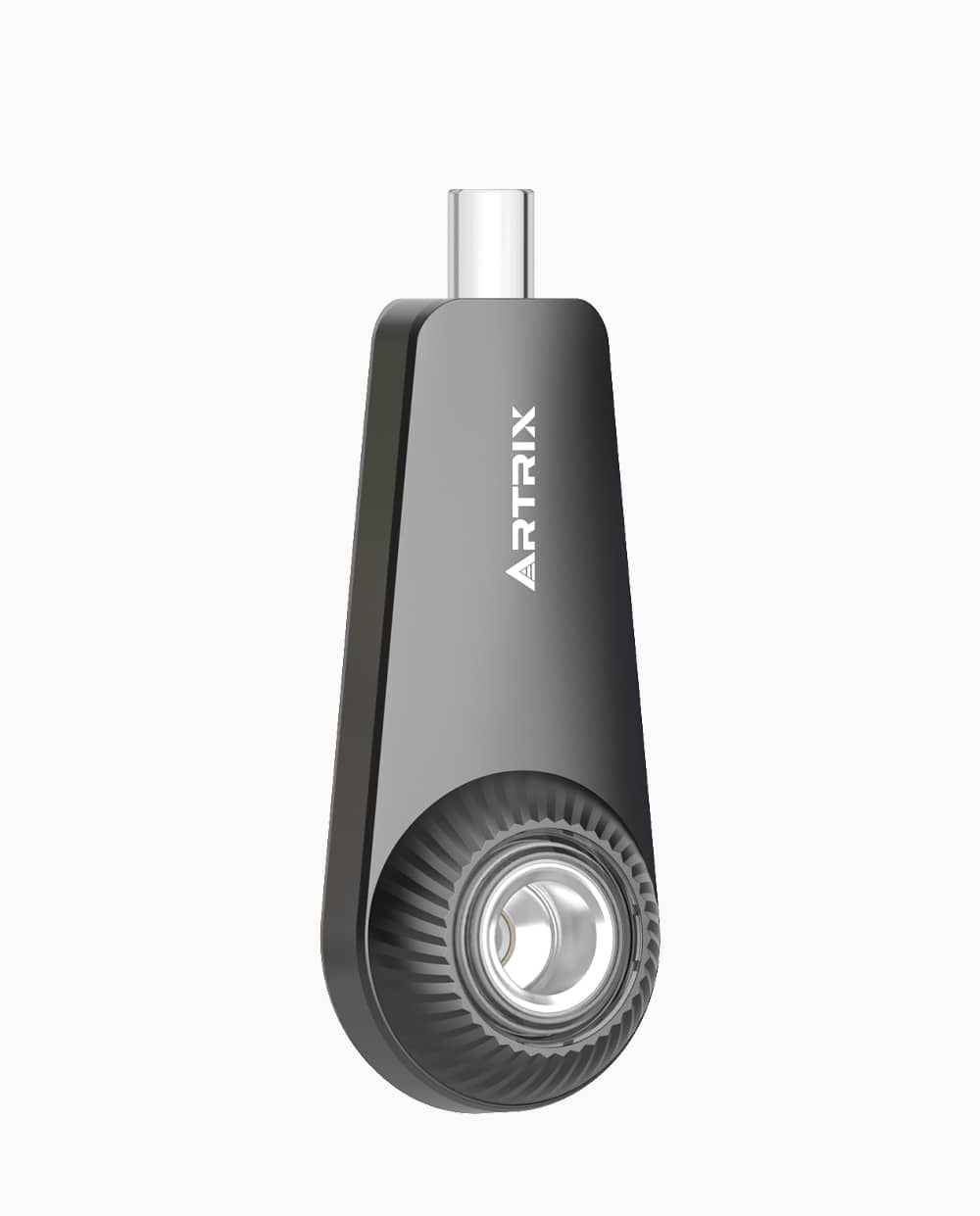
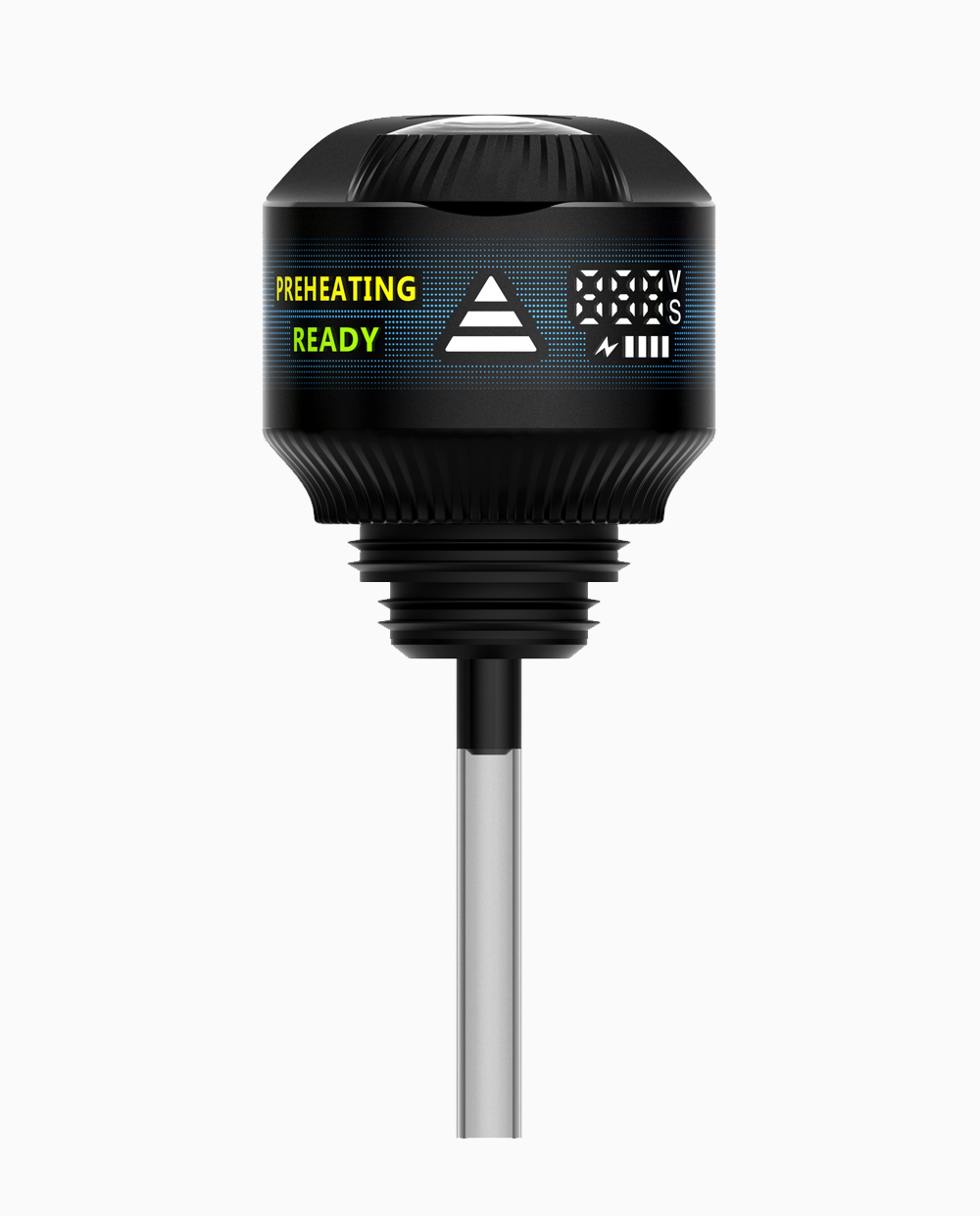
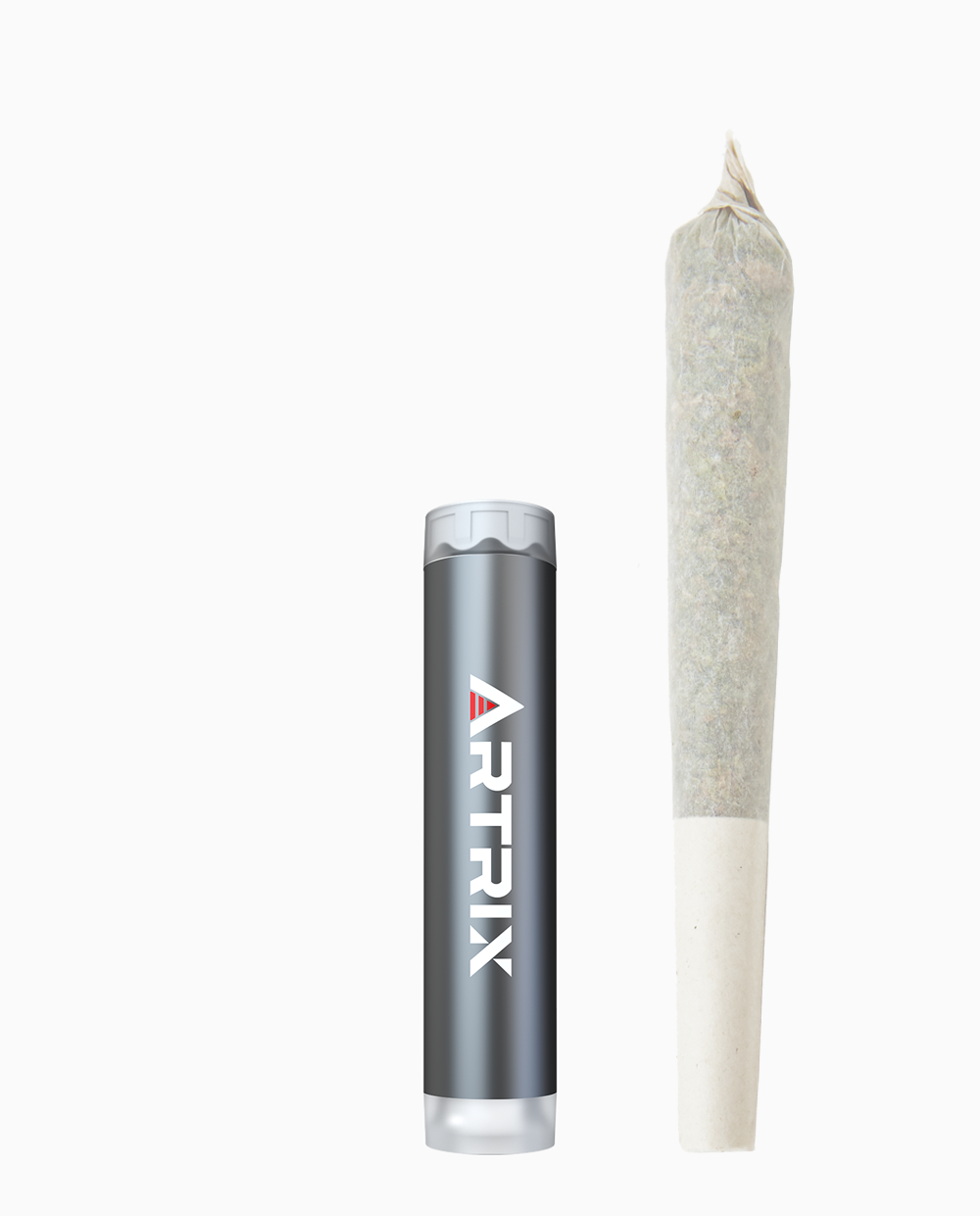
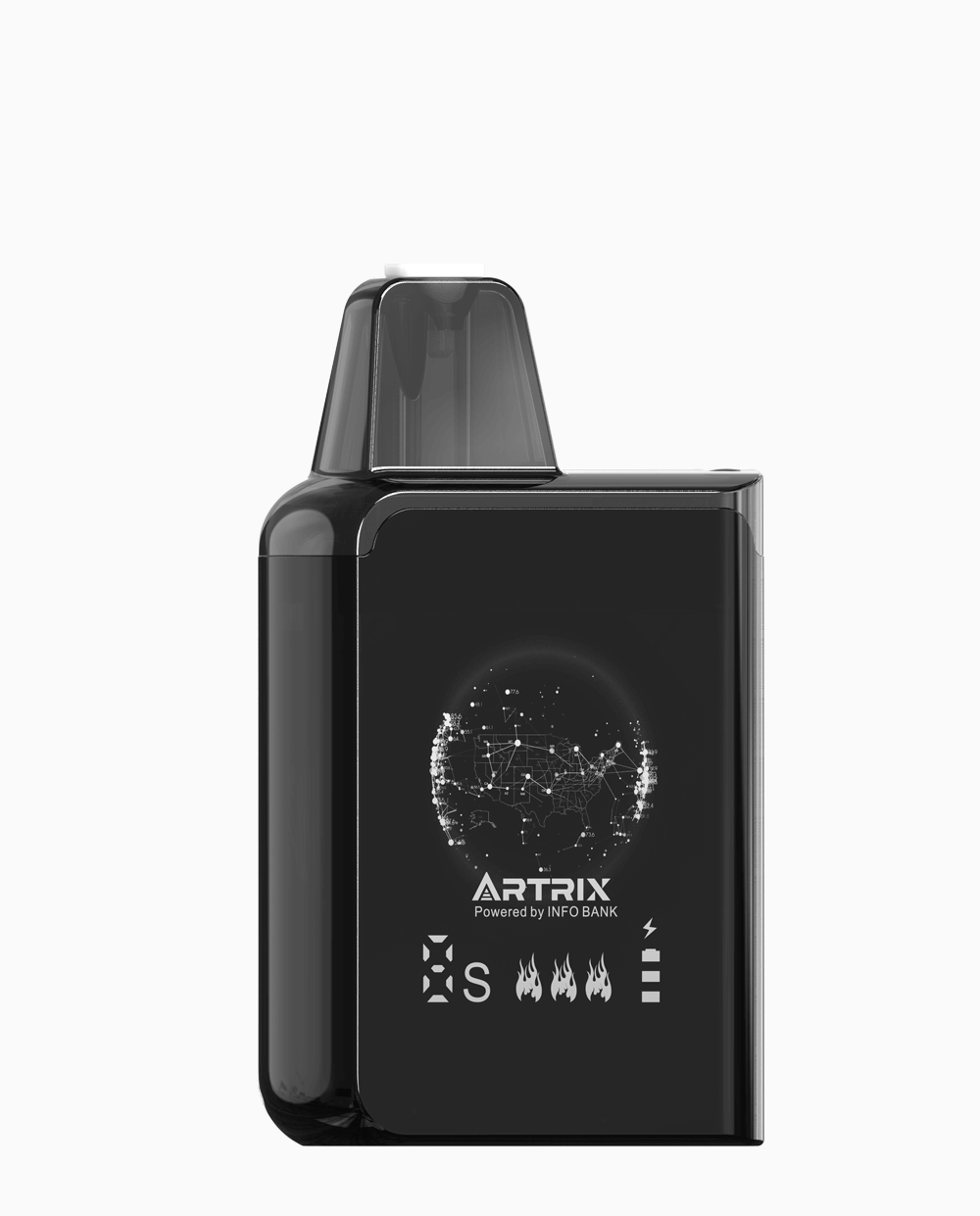
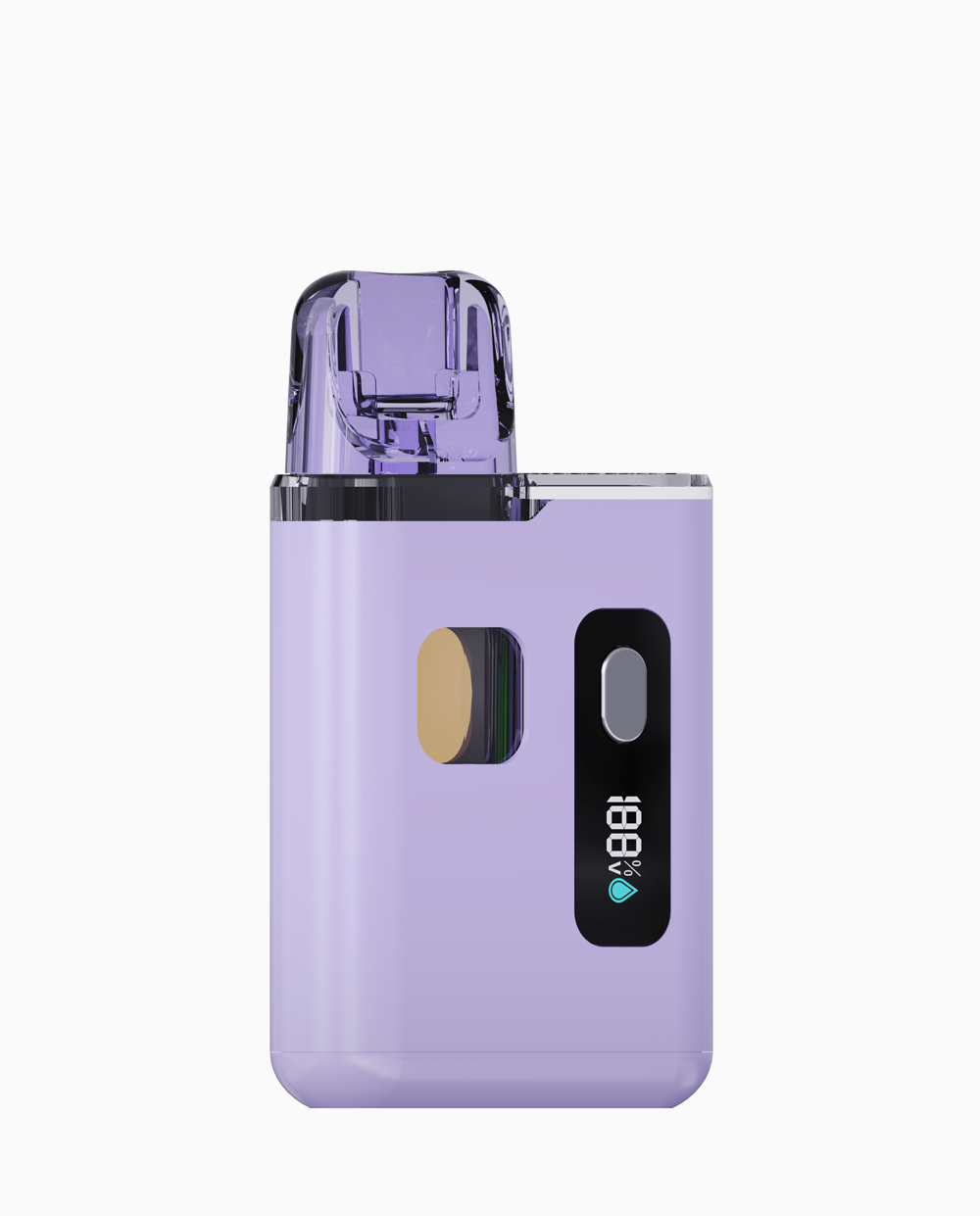
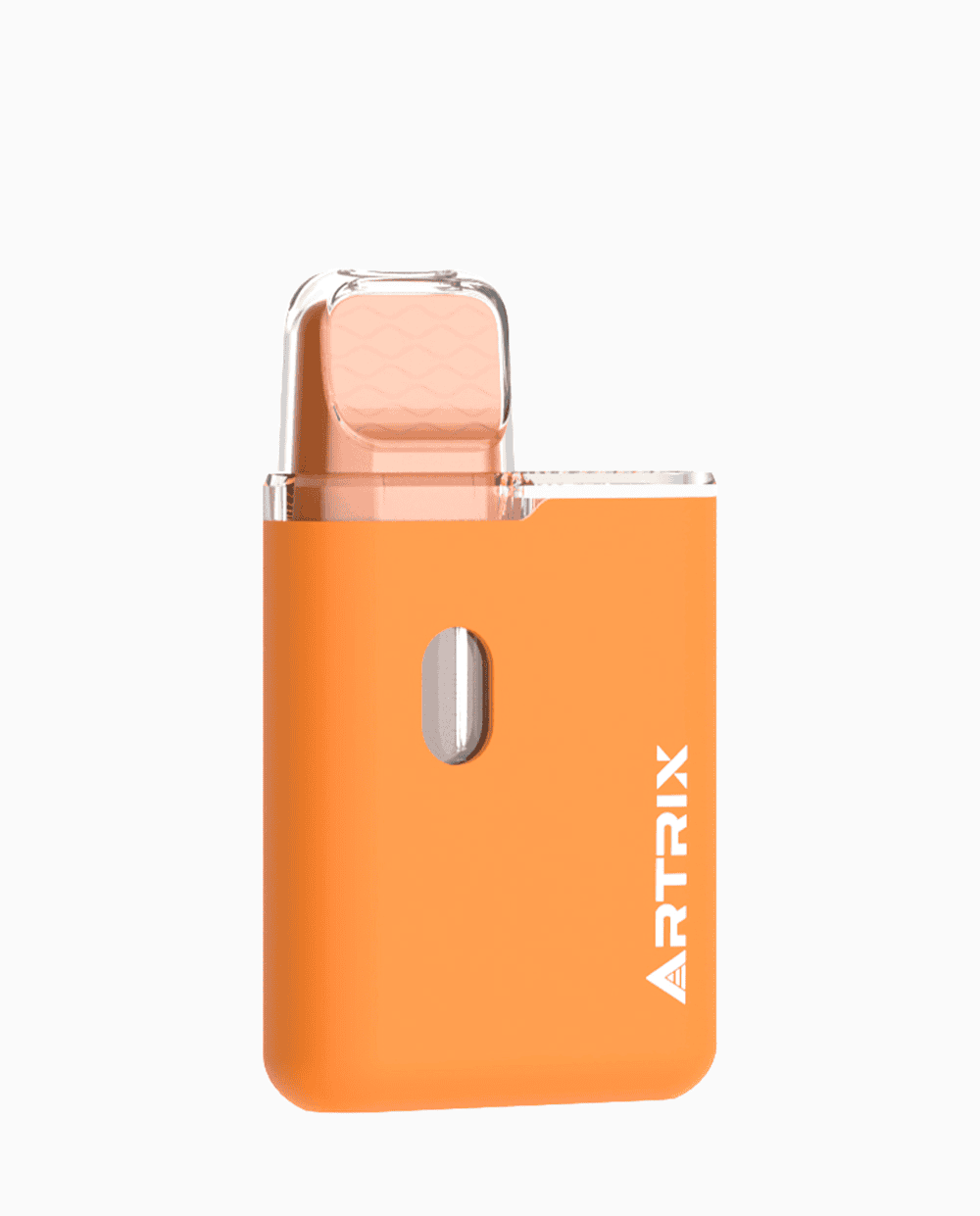
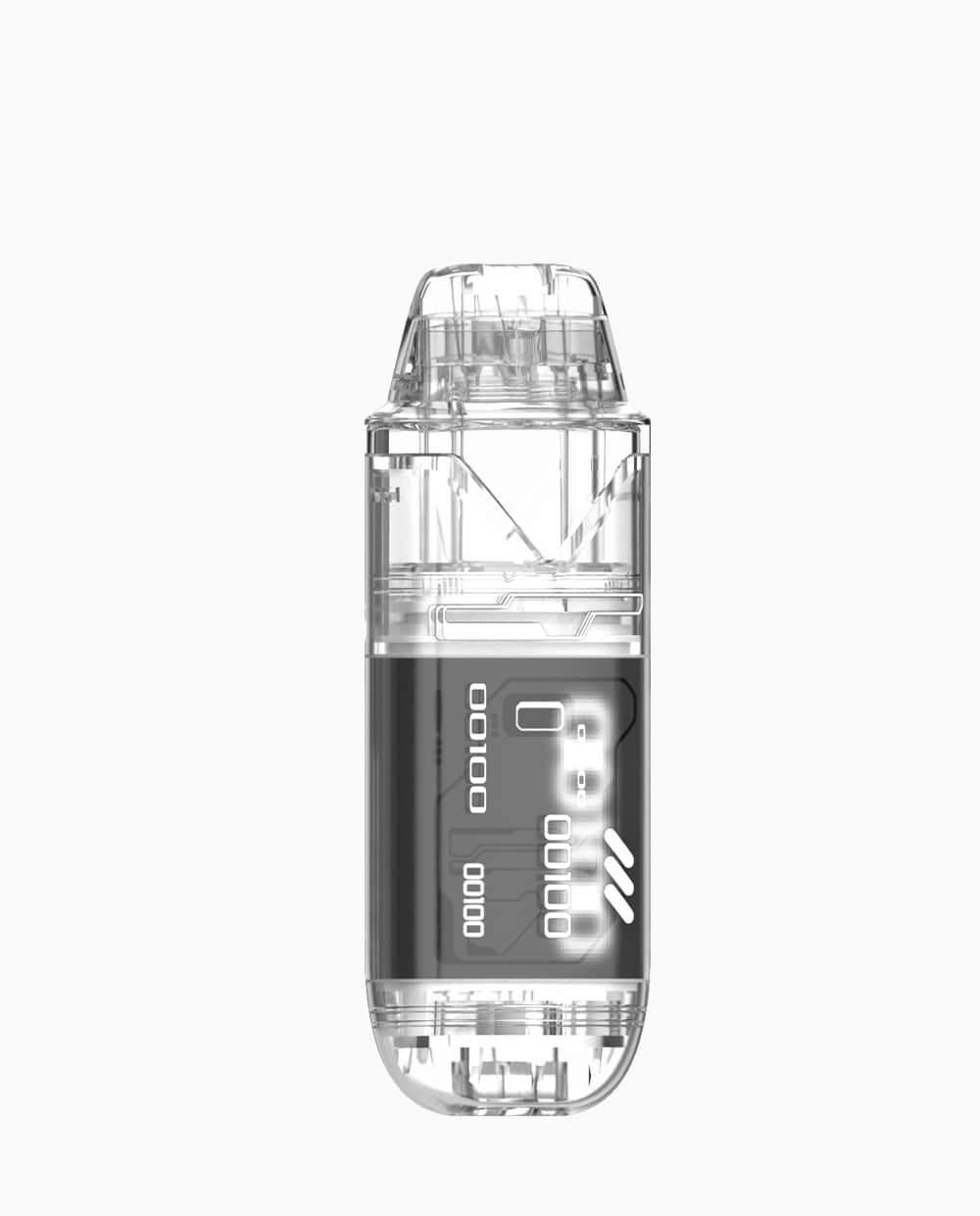
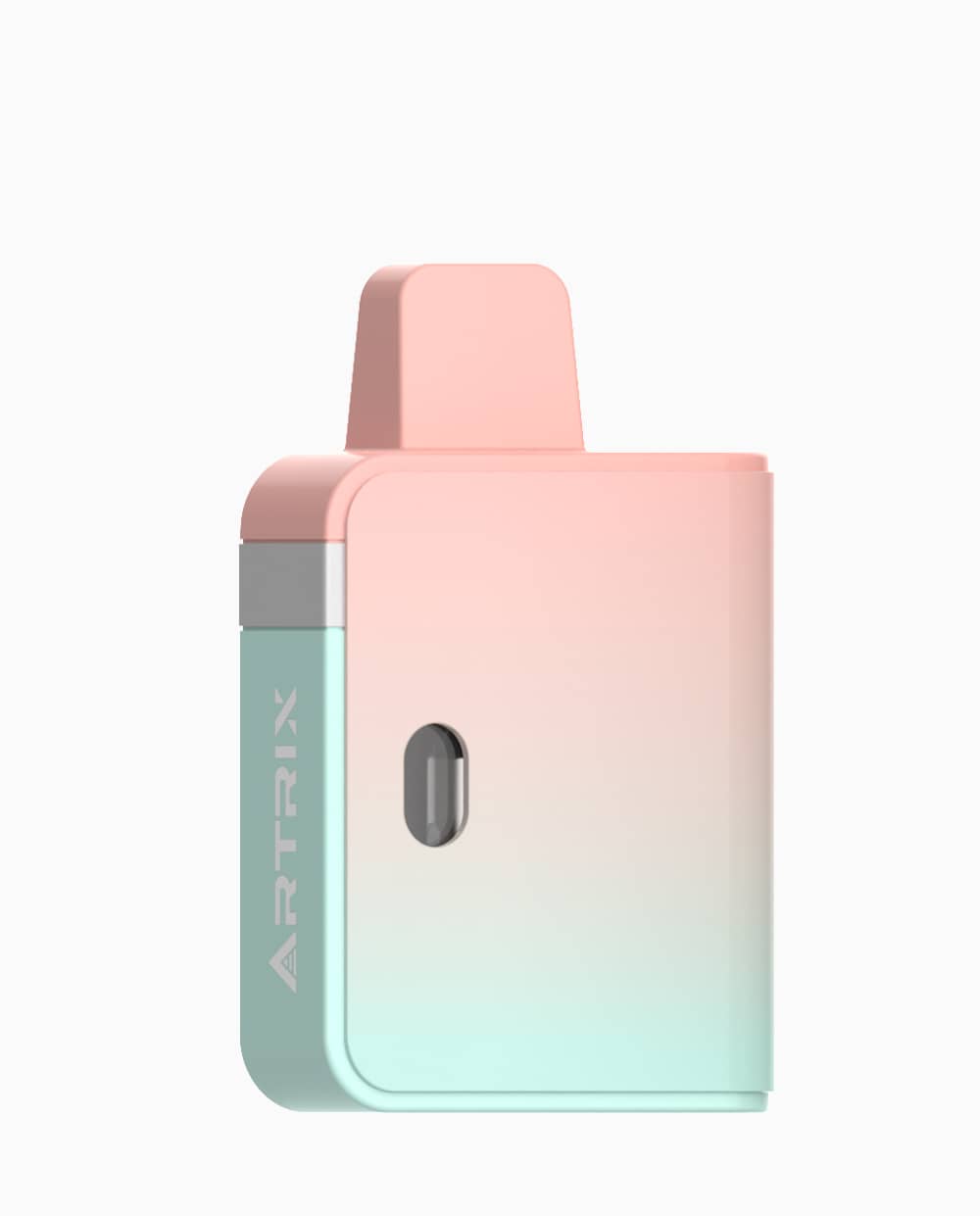
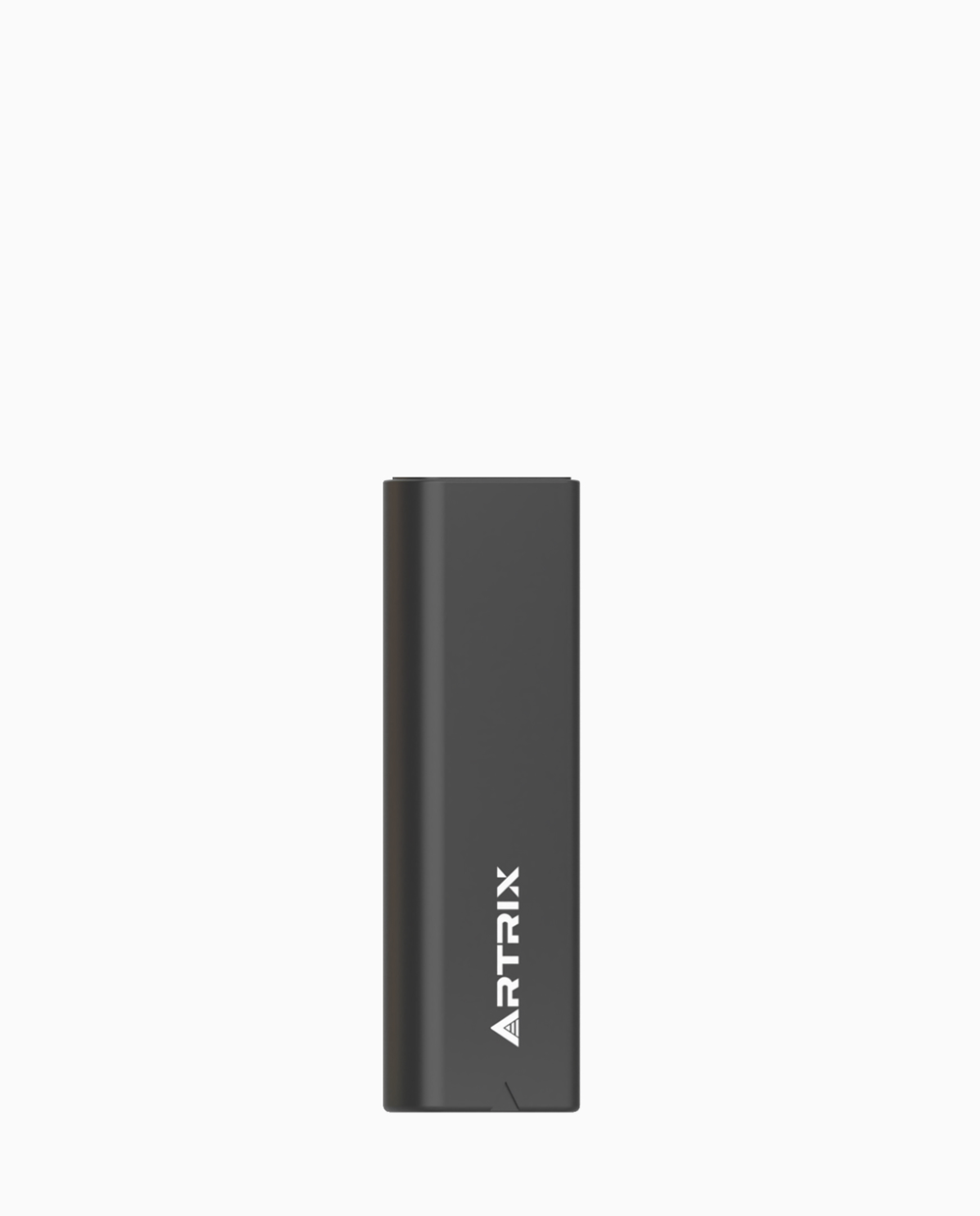

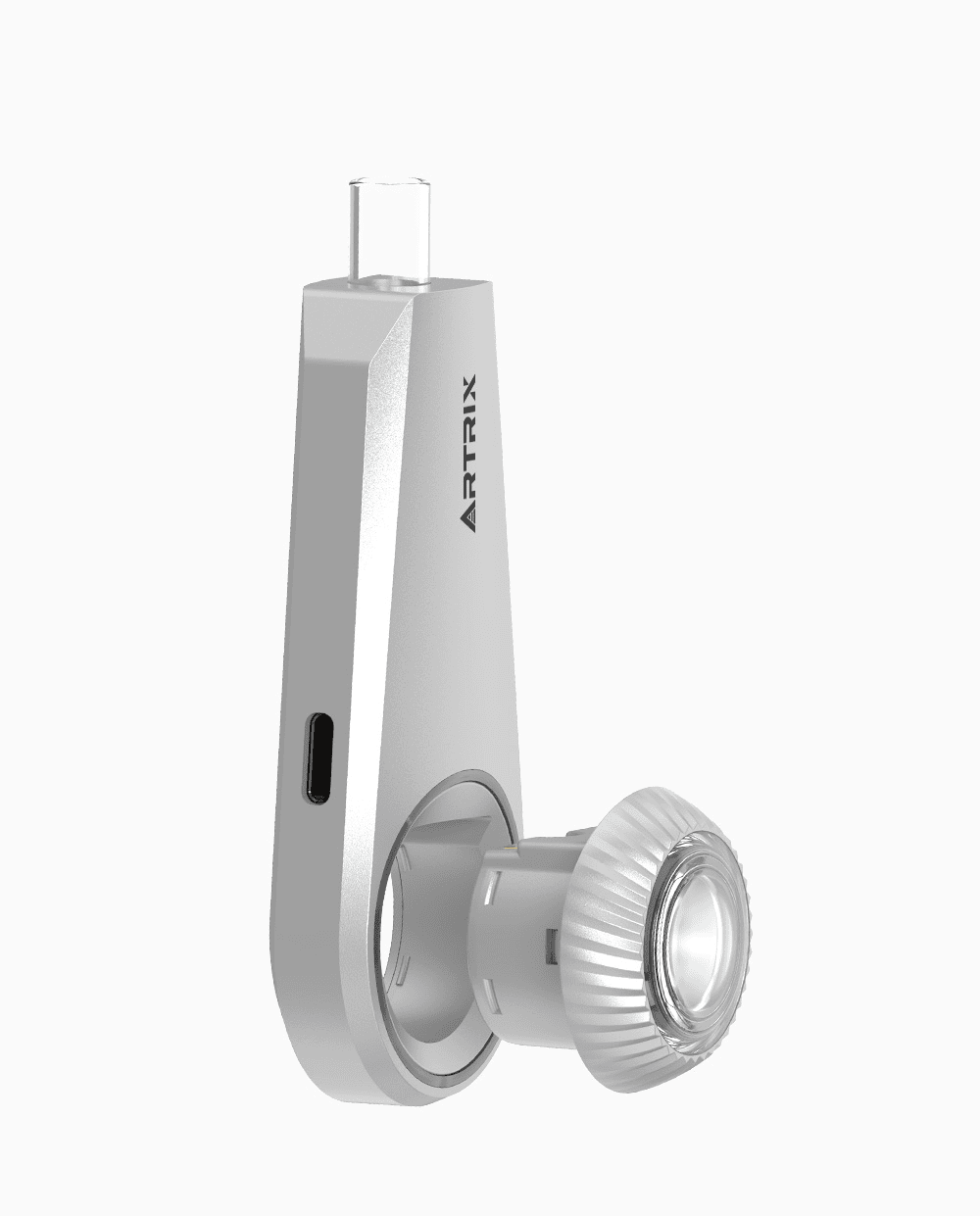
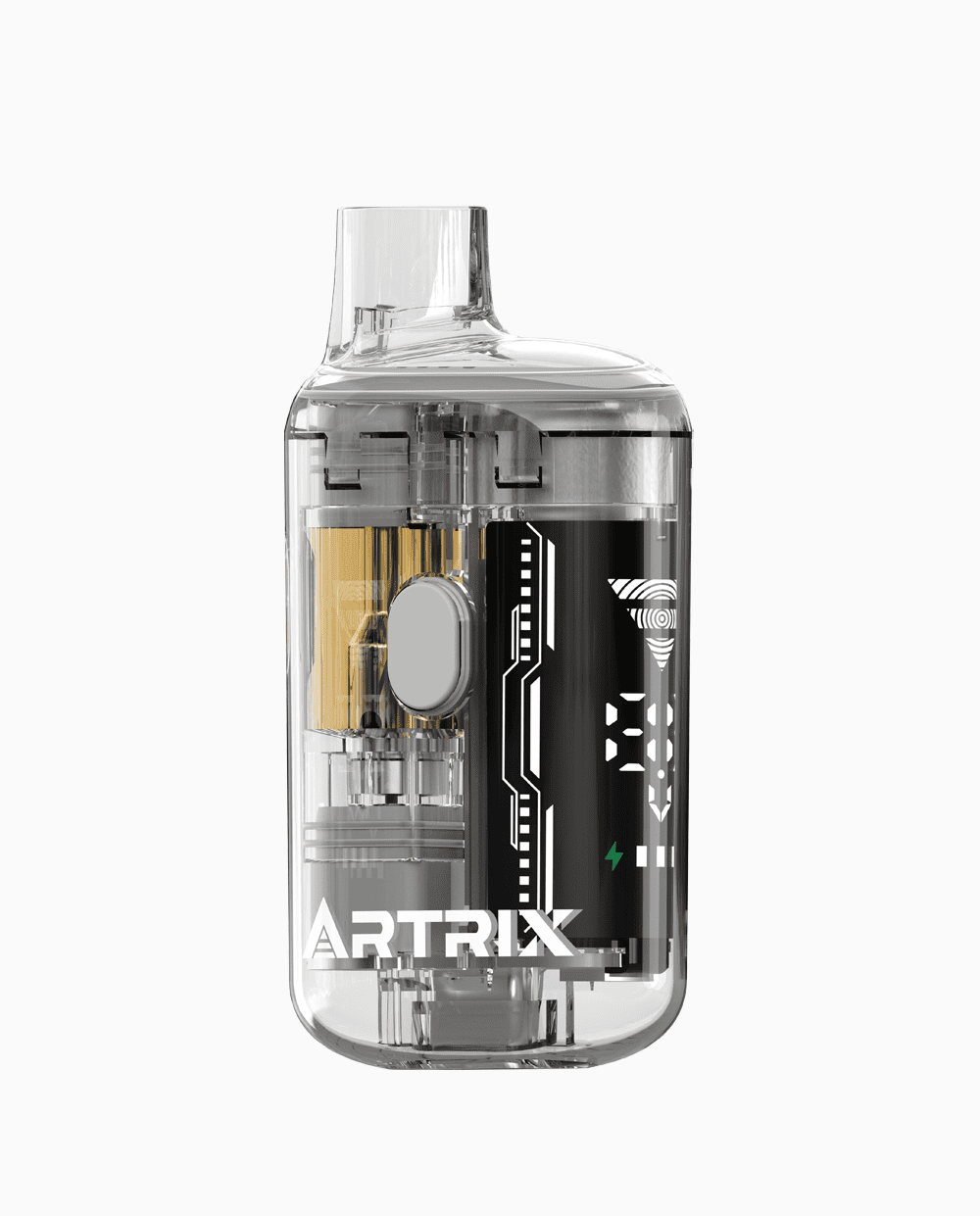
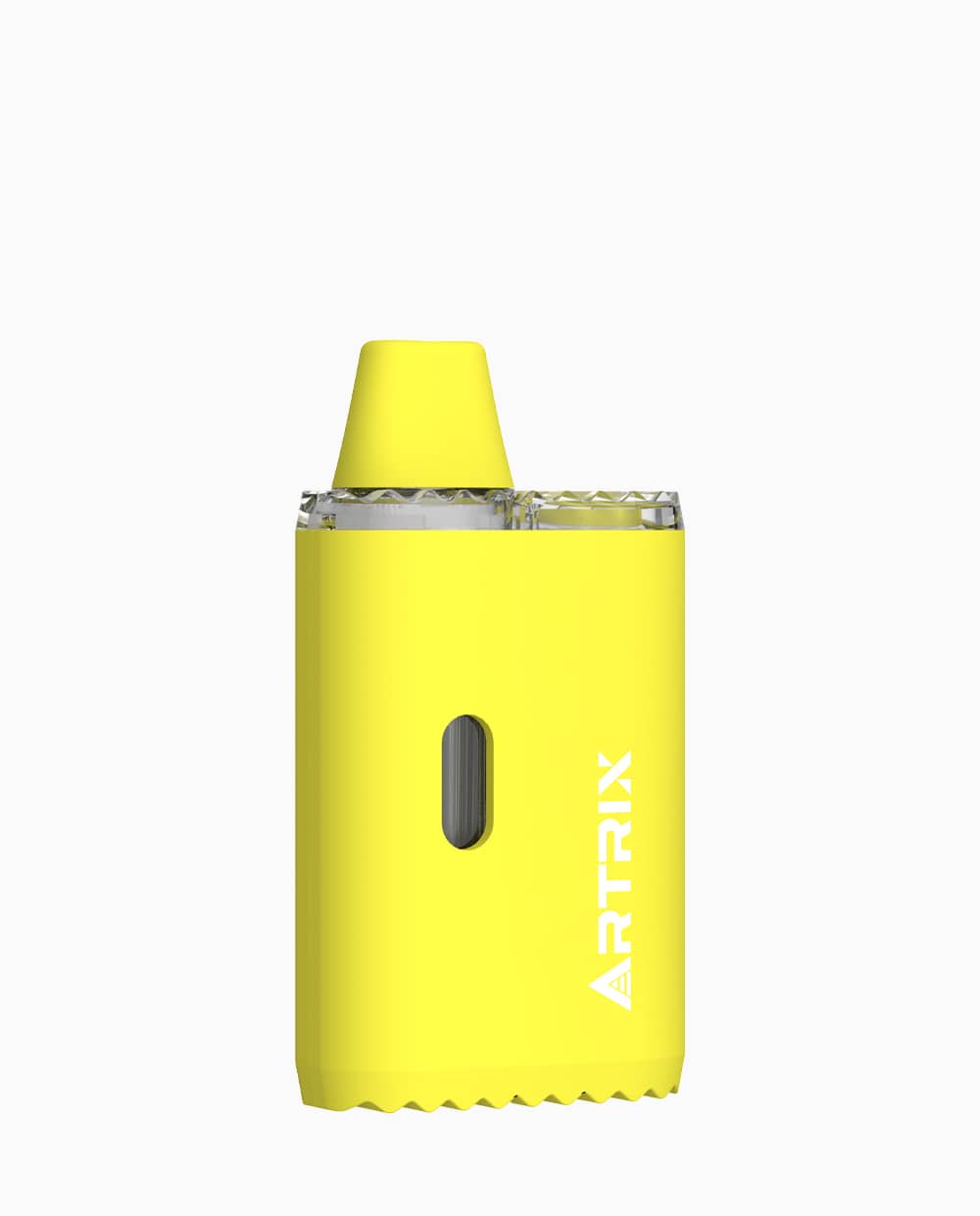
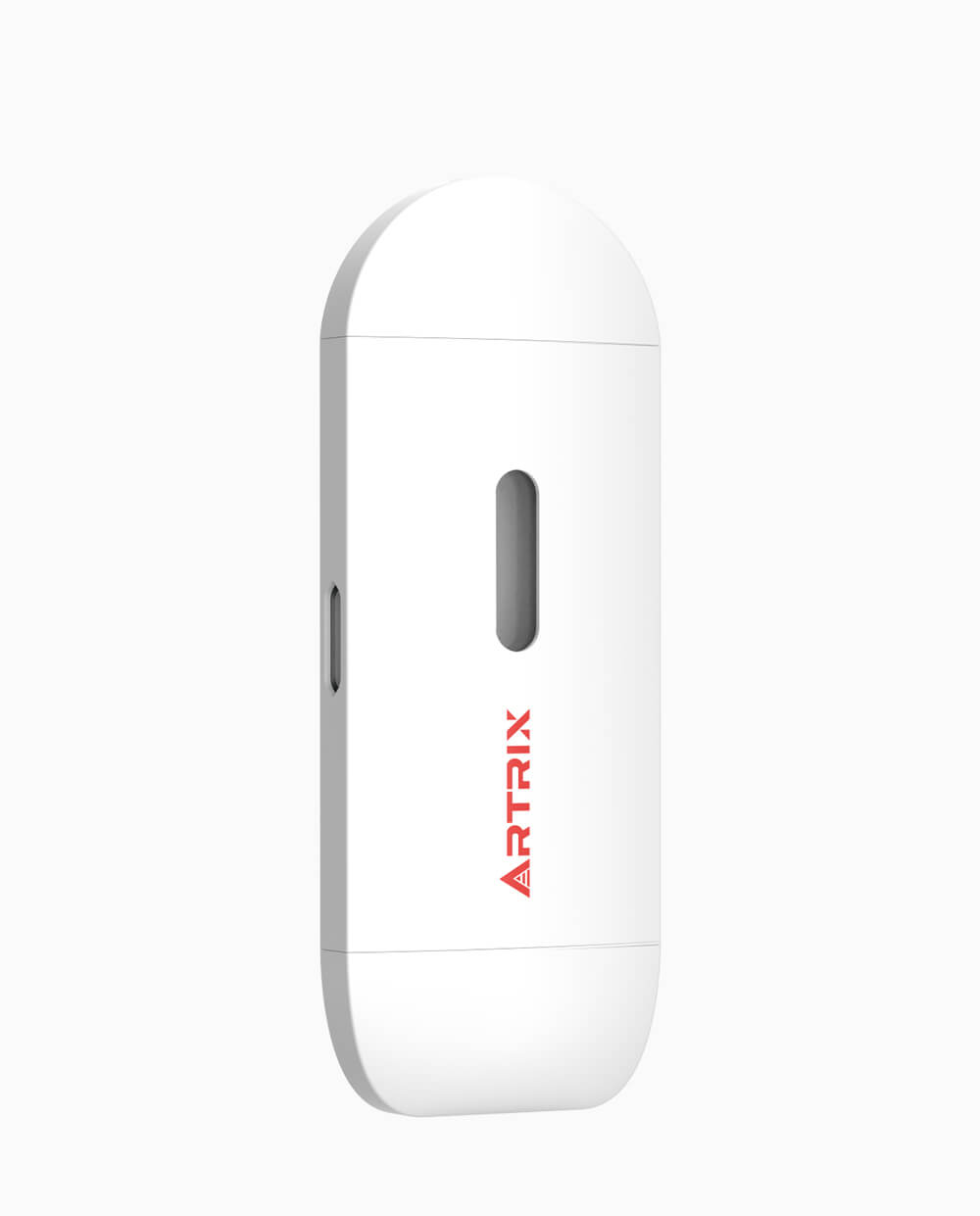
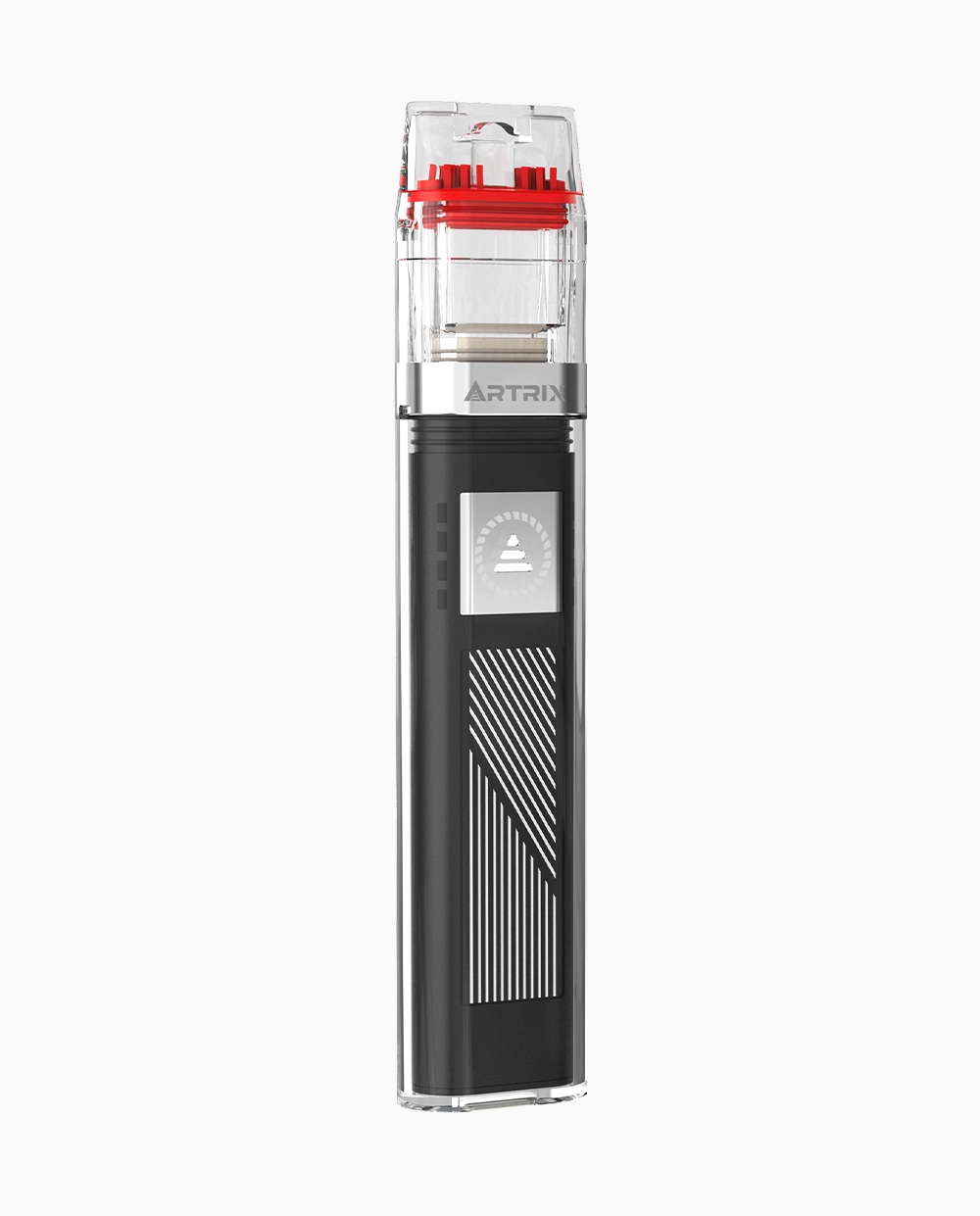
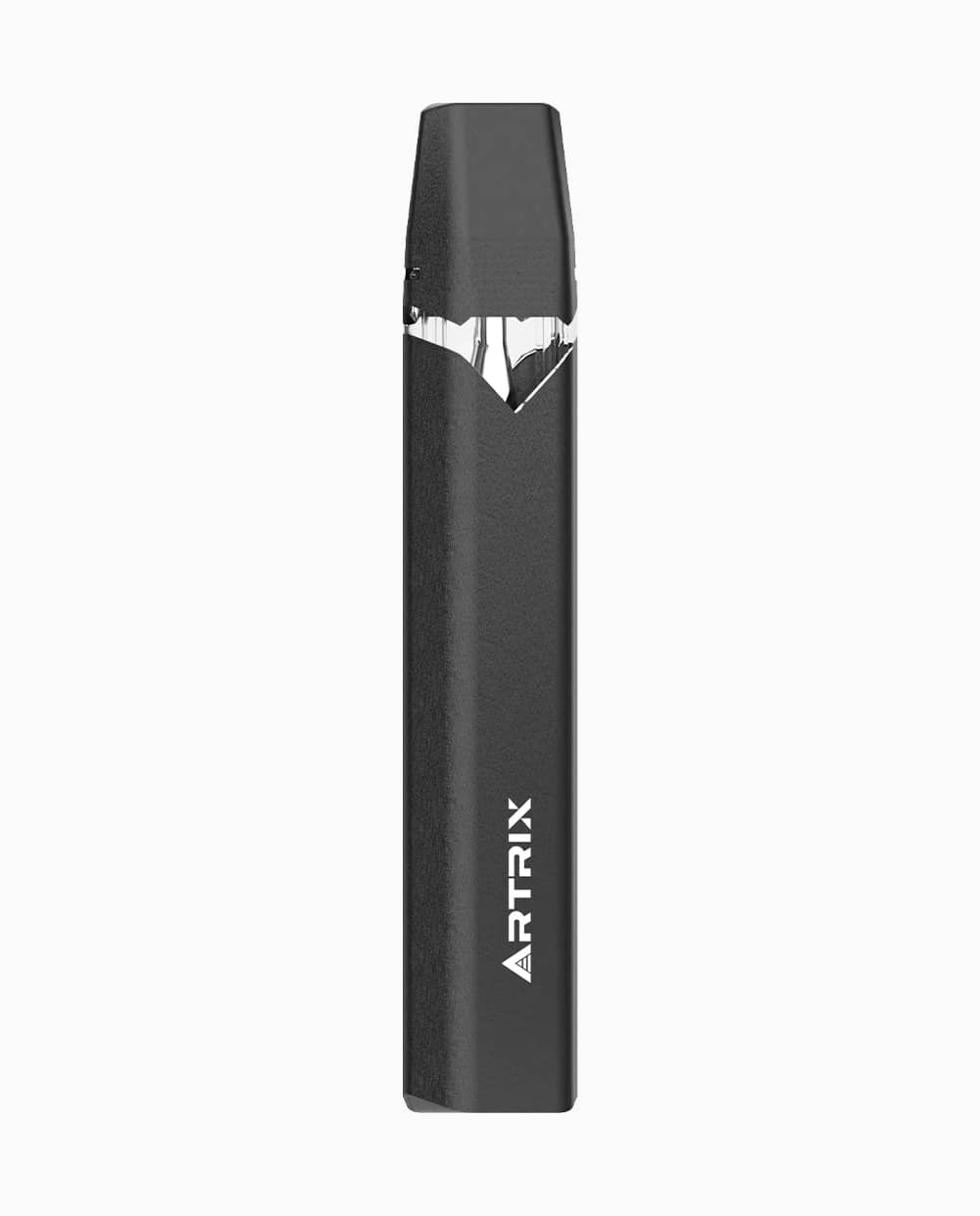
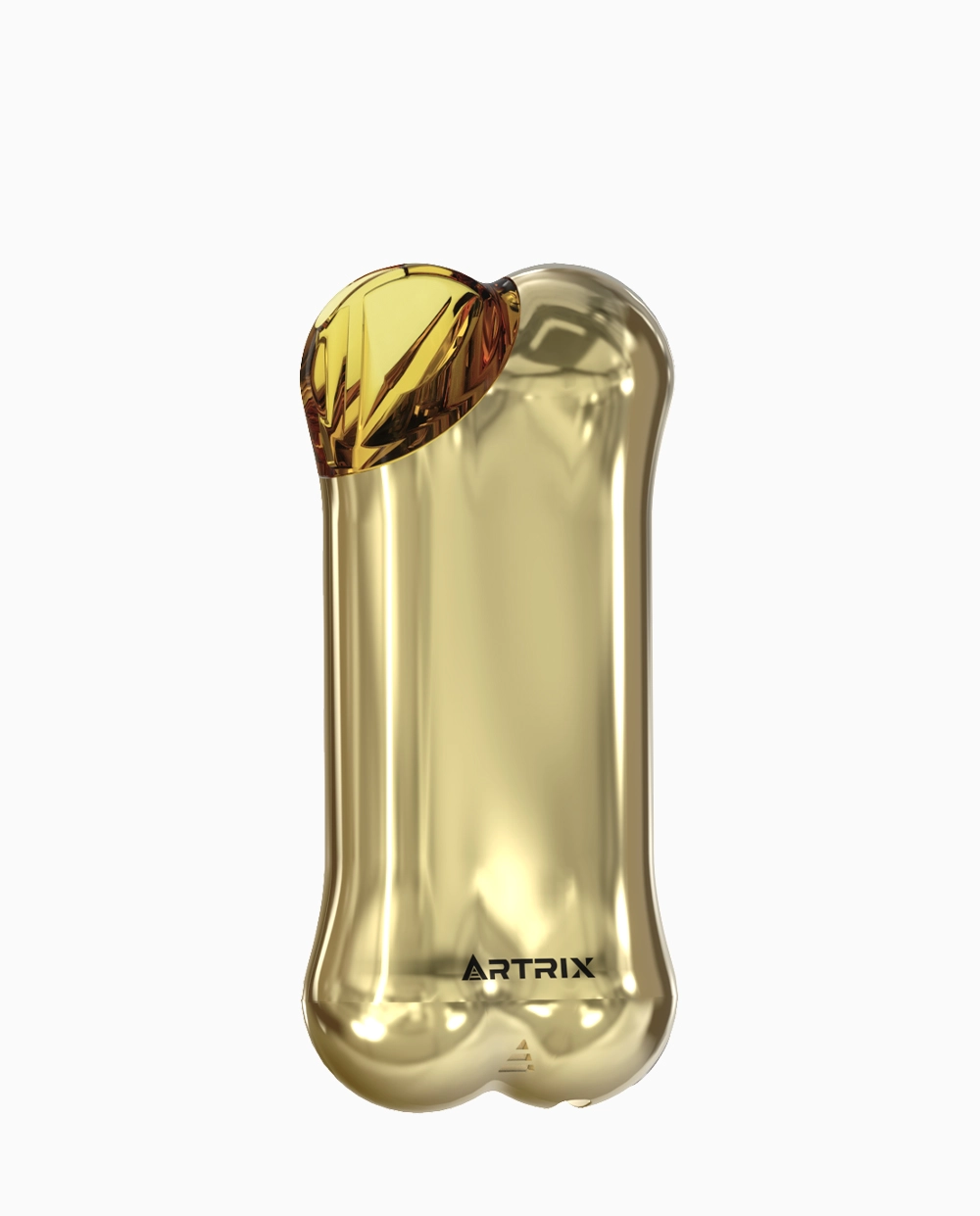
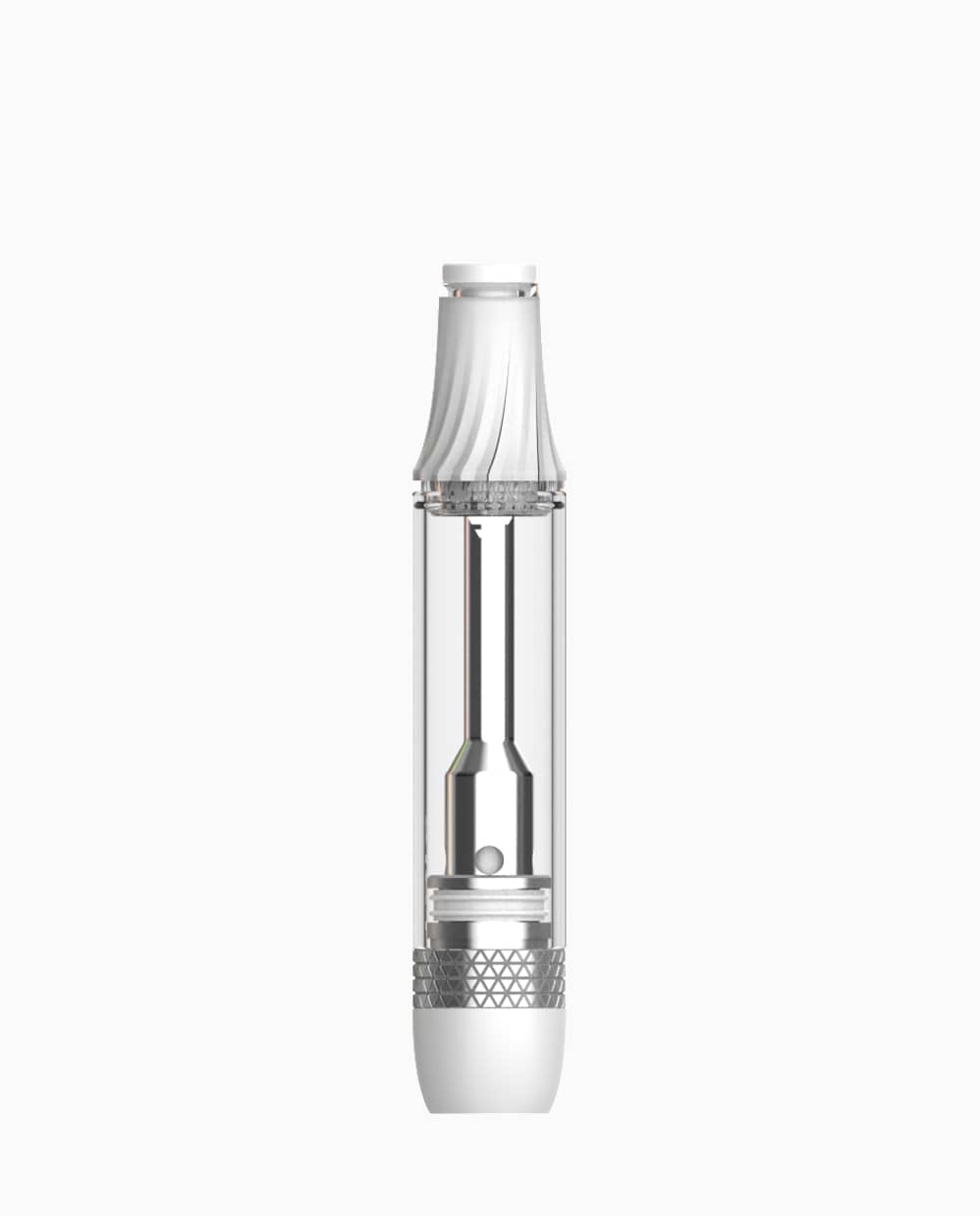

-1.webp)
-1.webp)
-2.webp)
